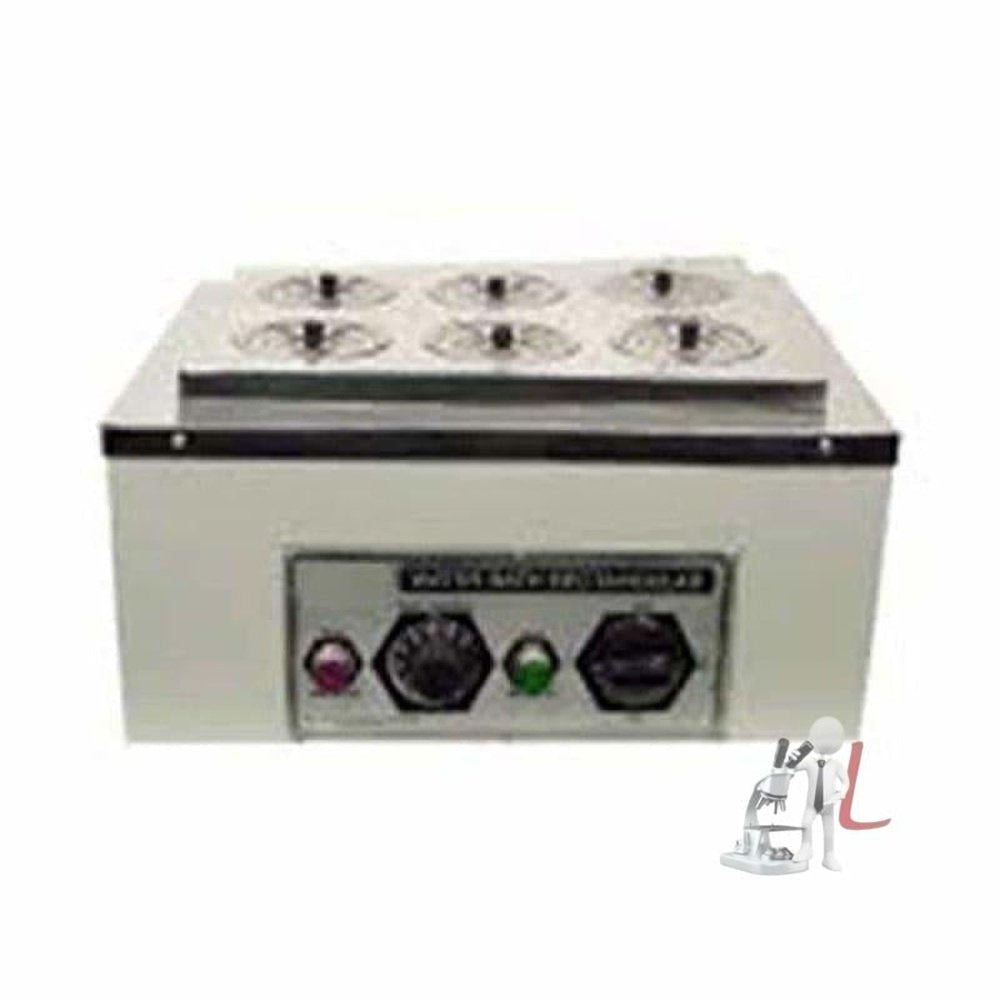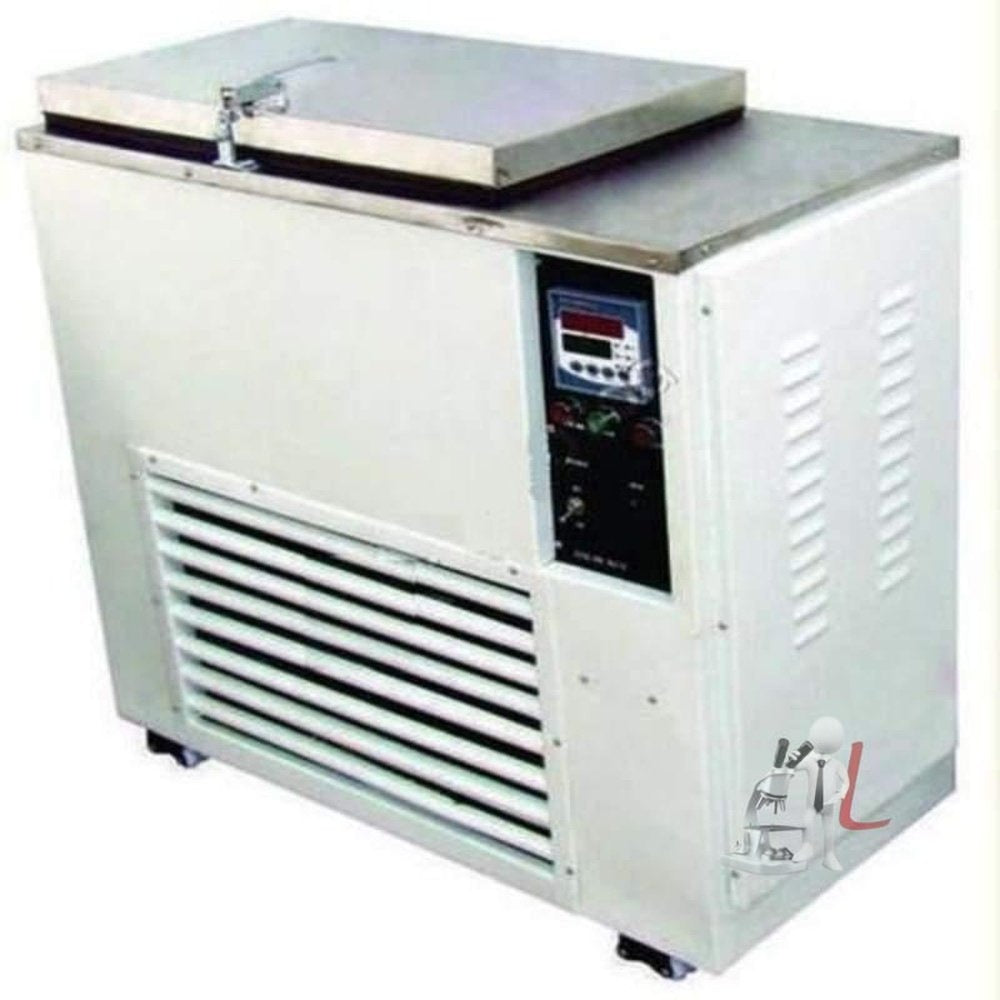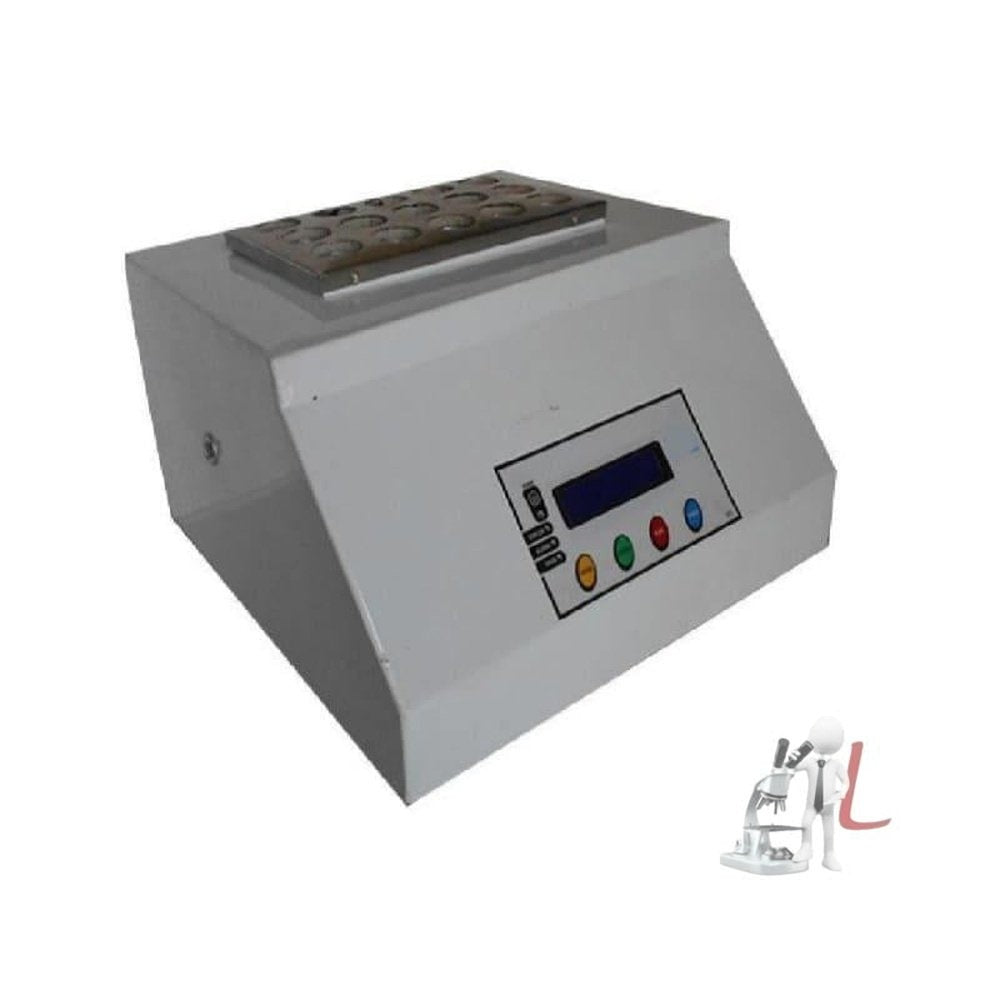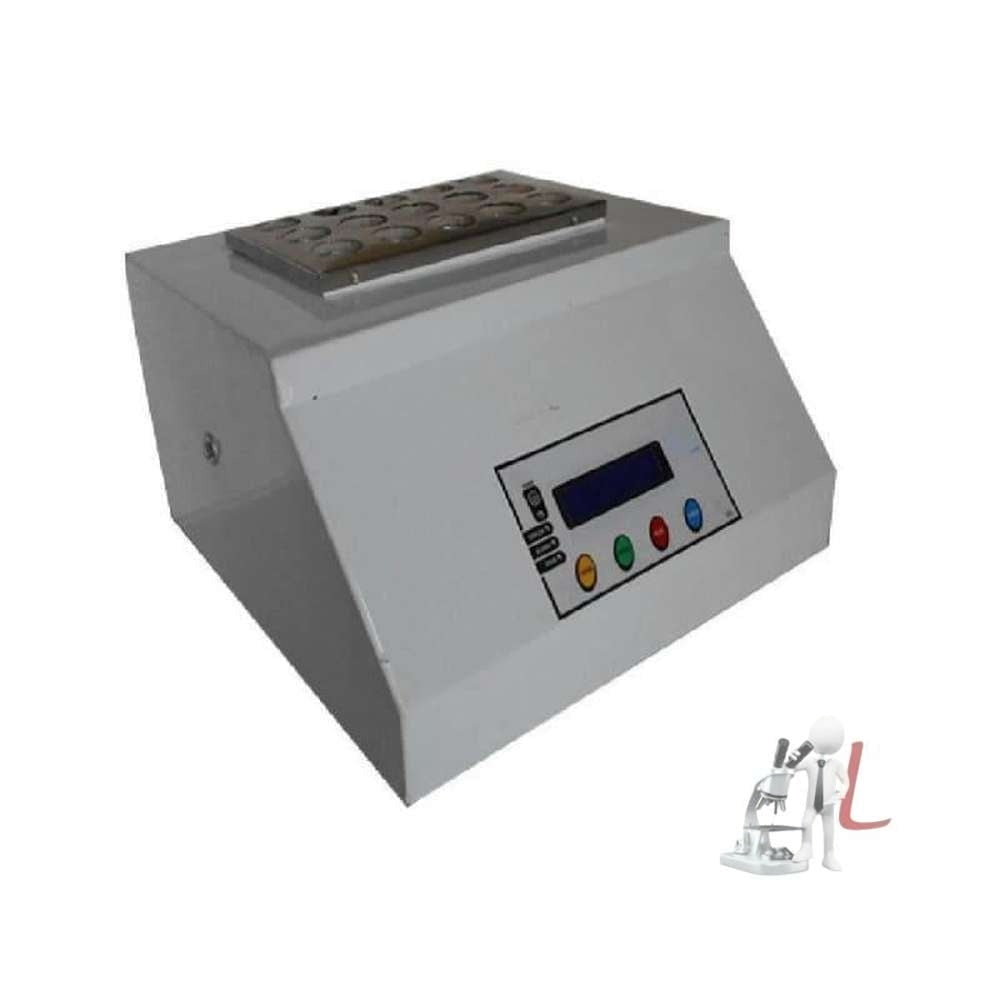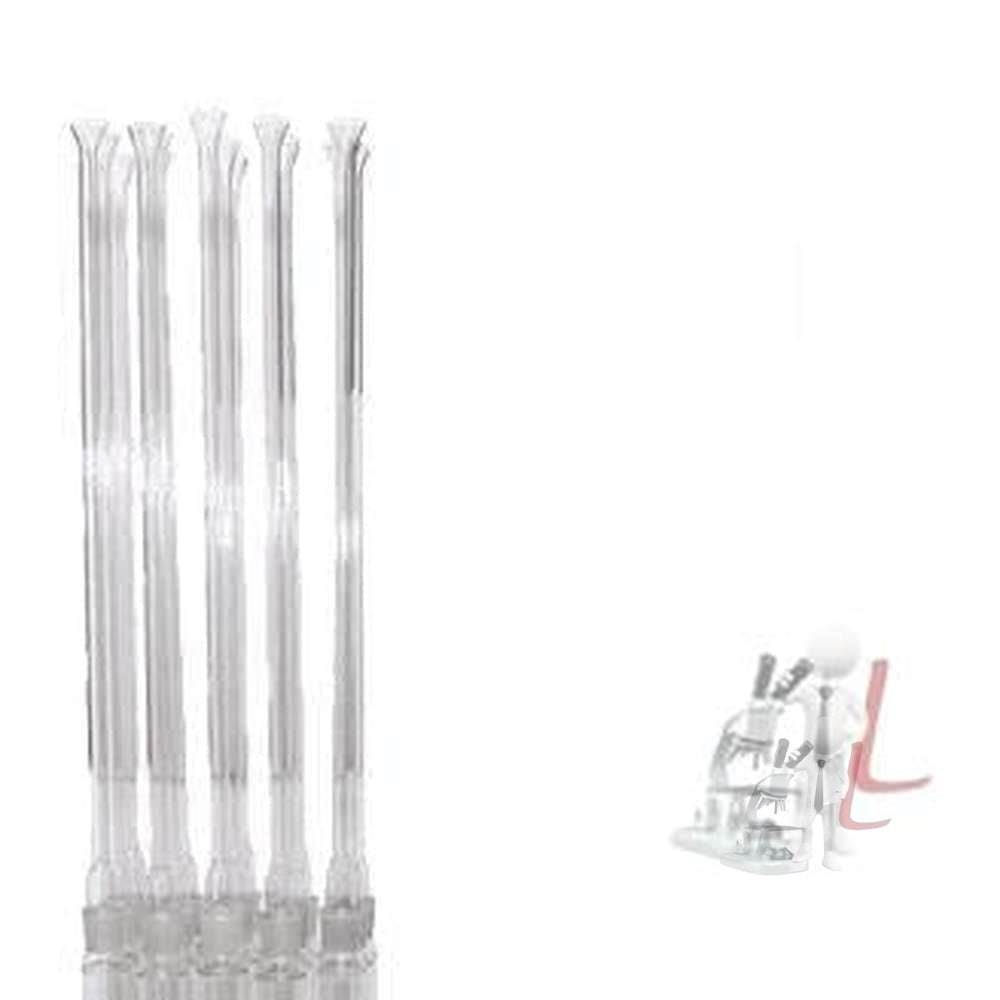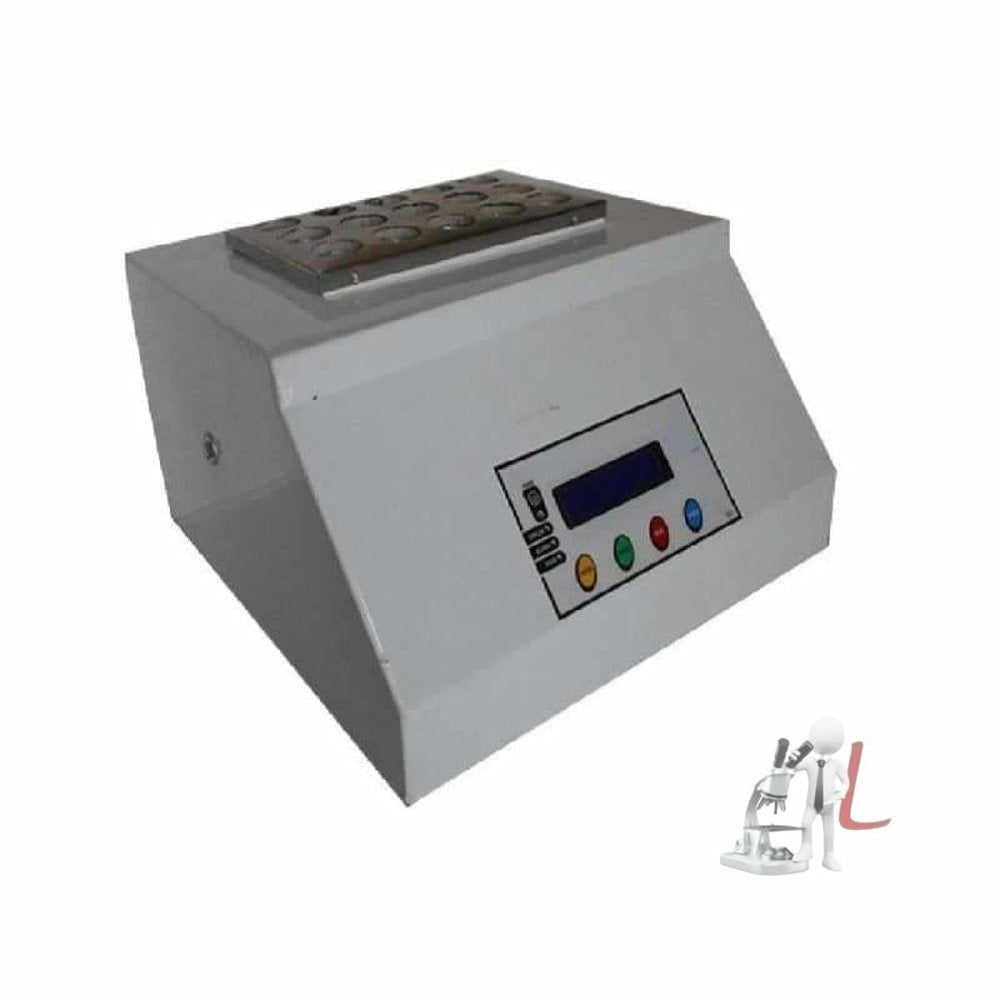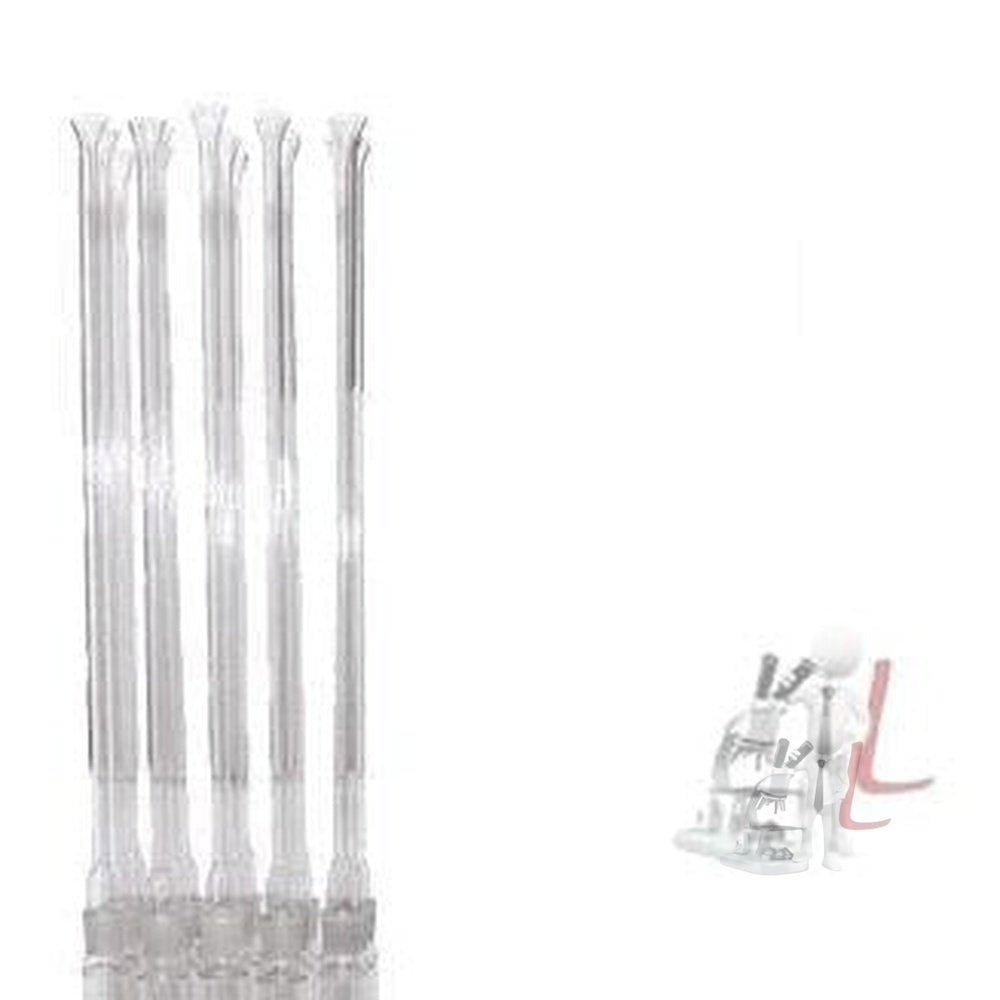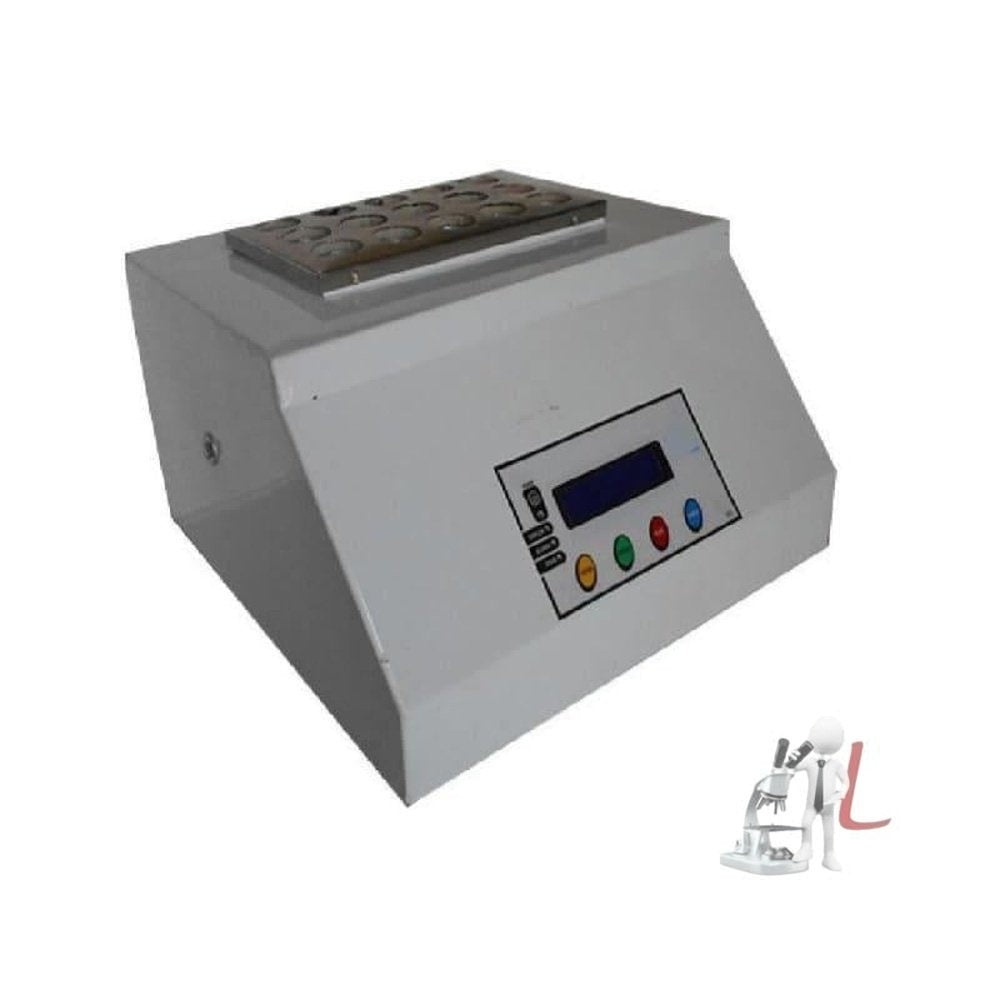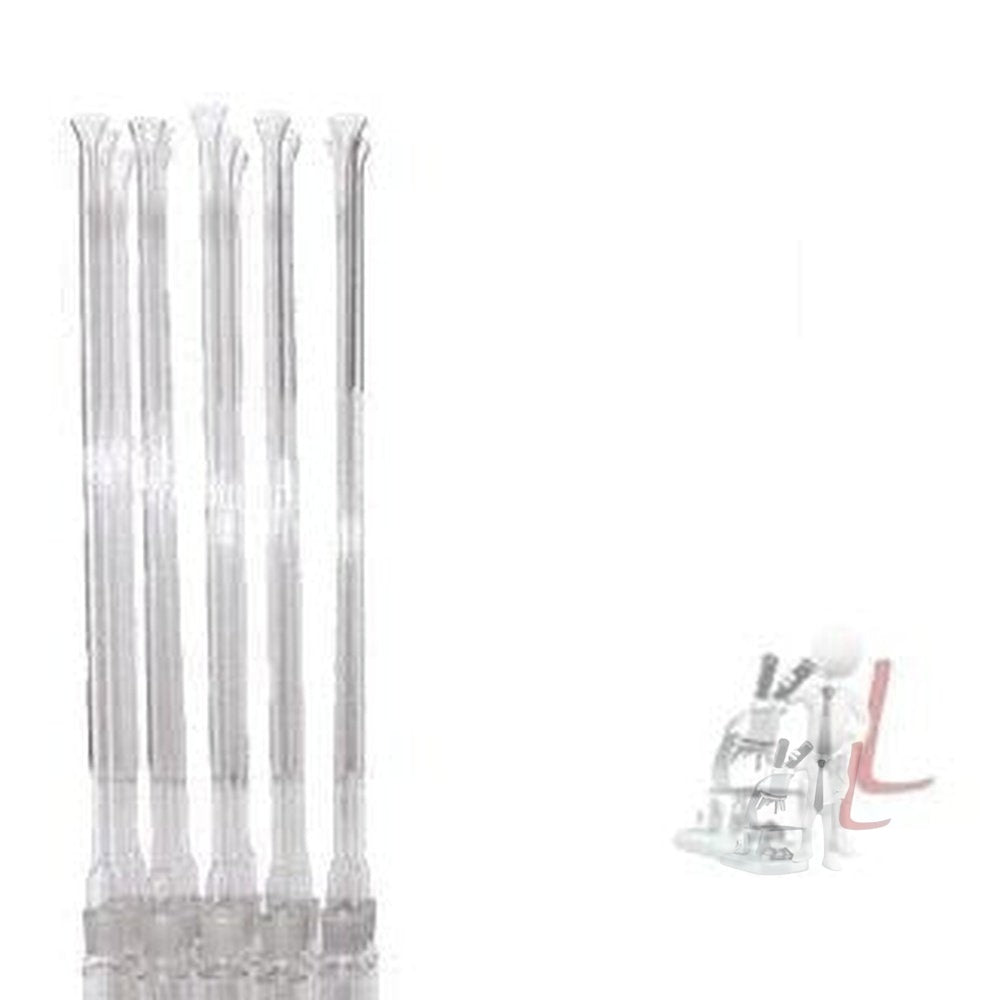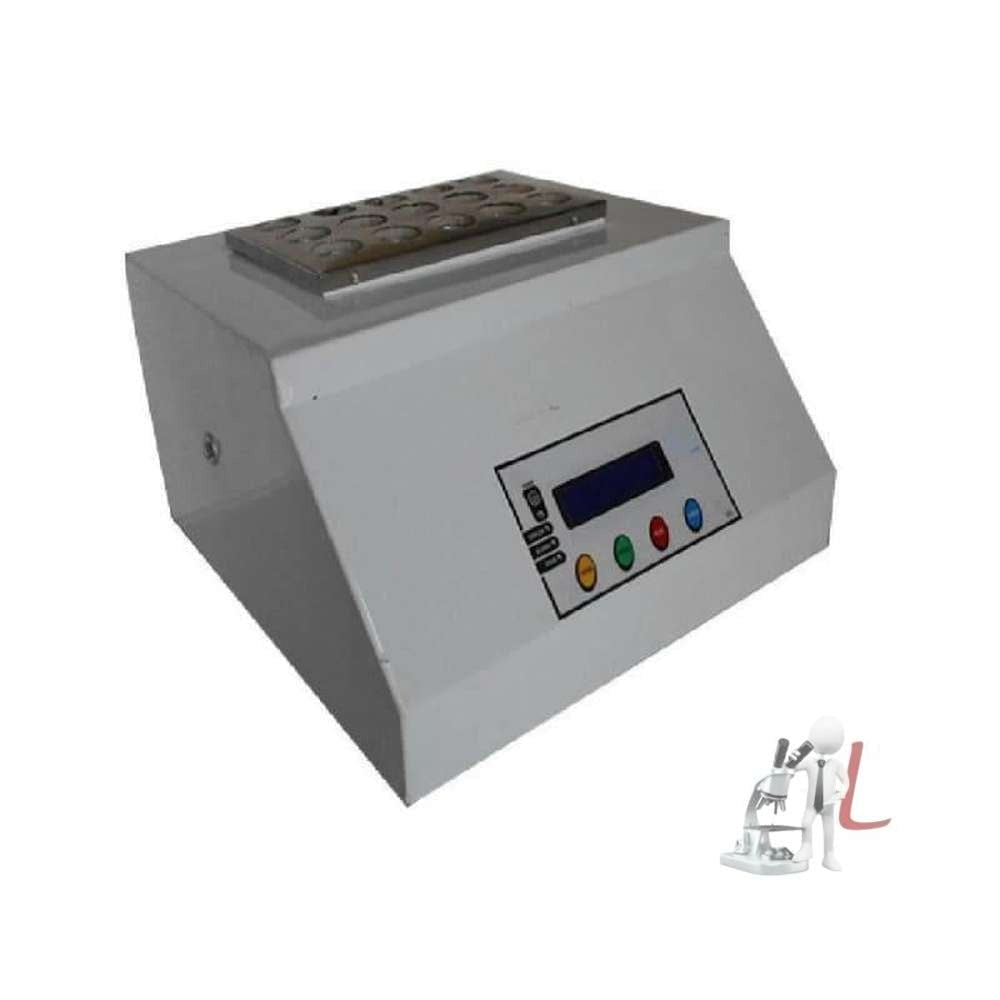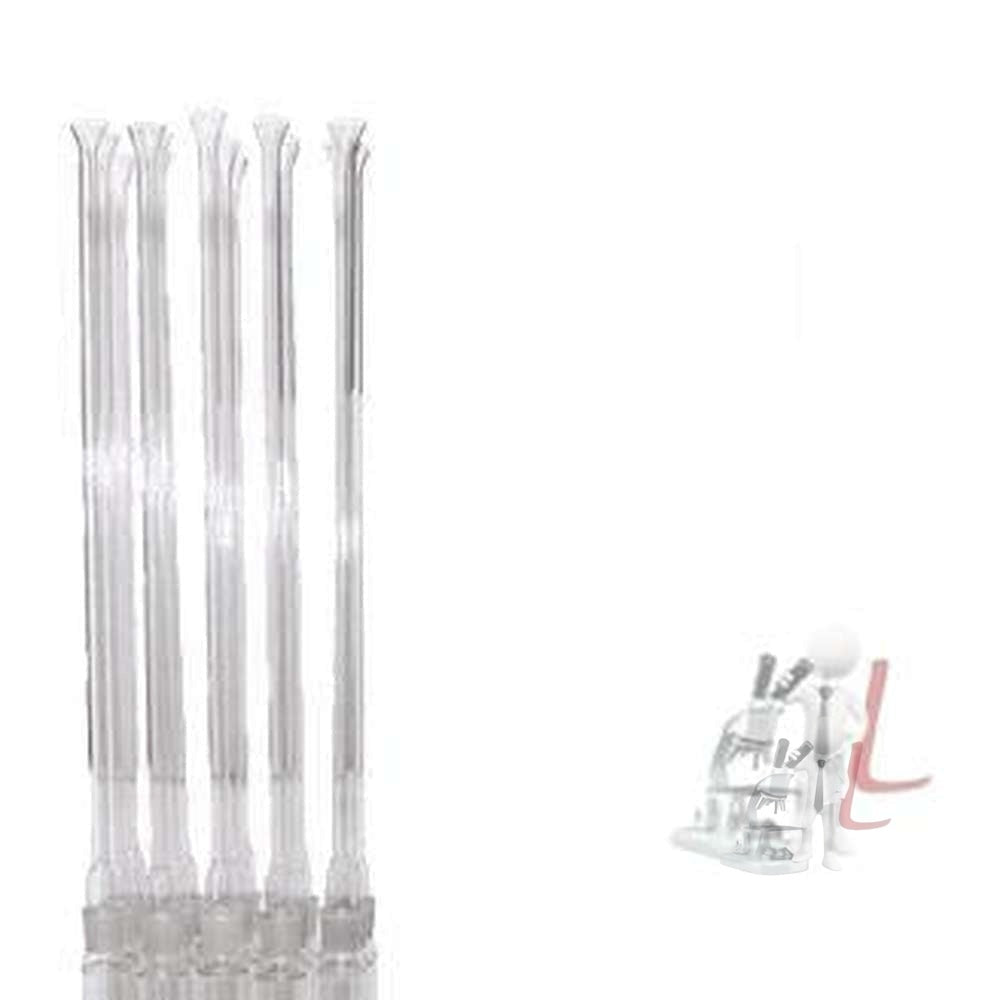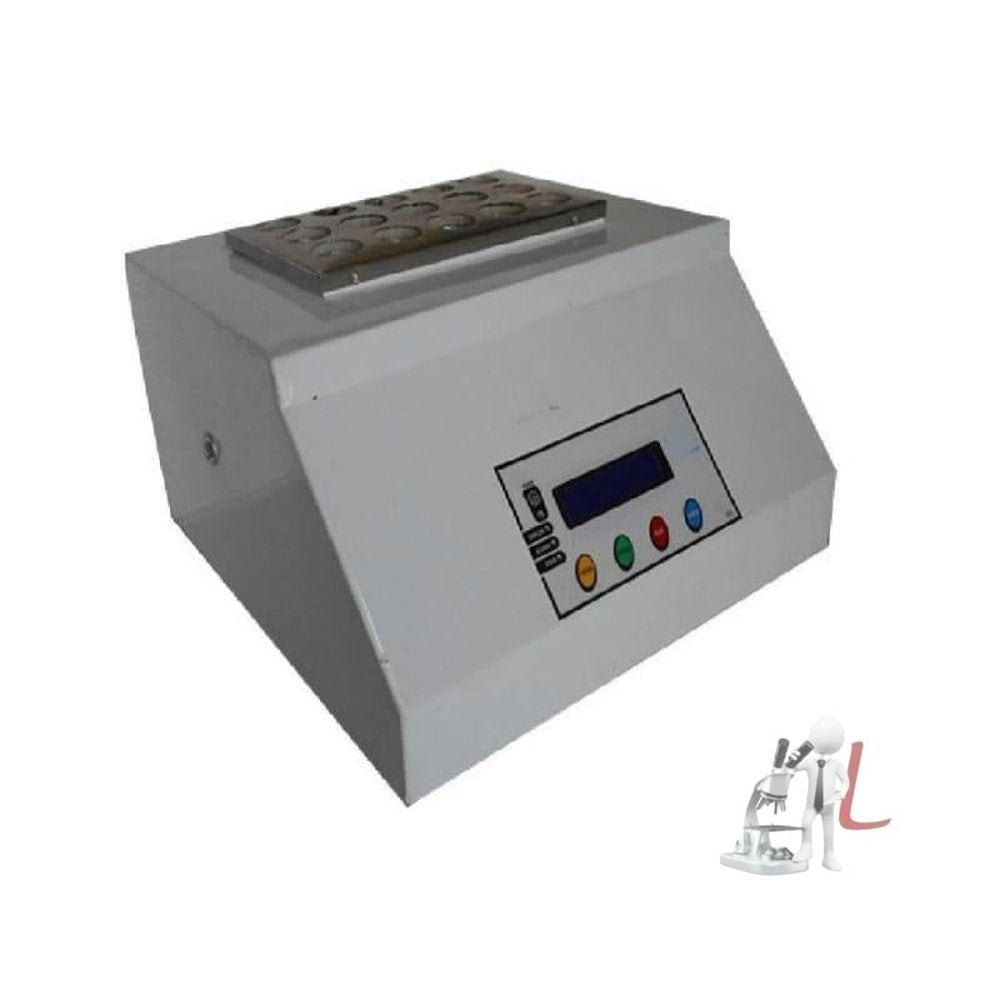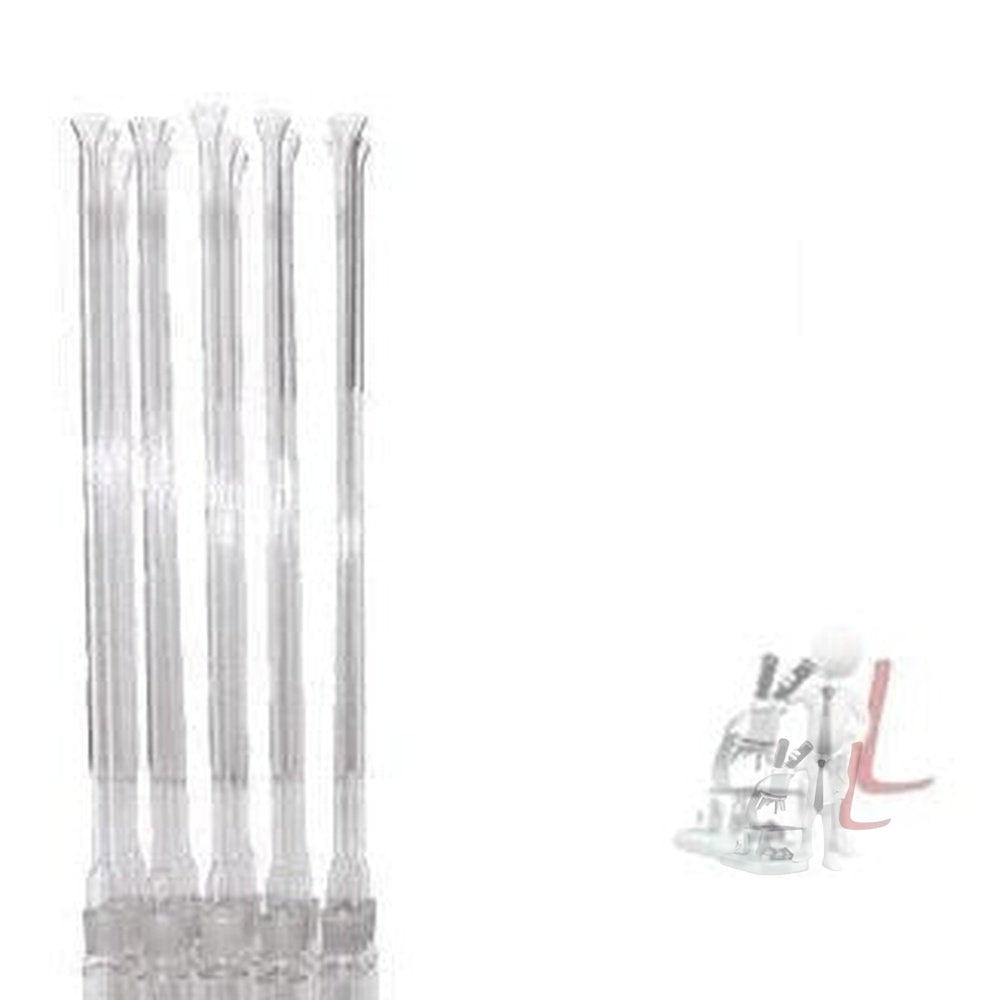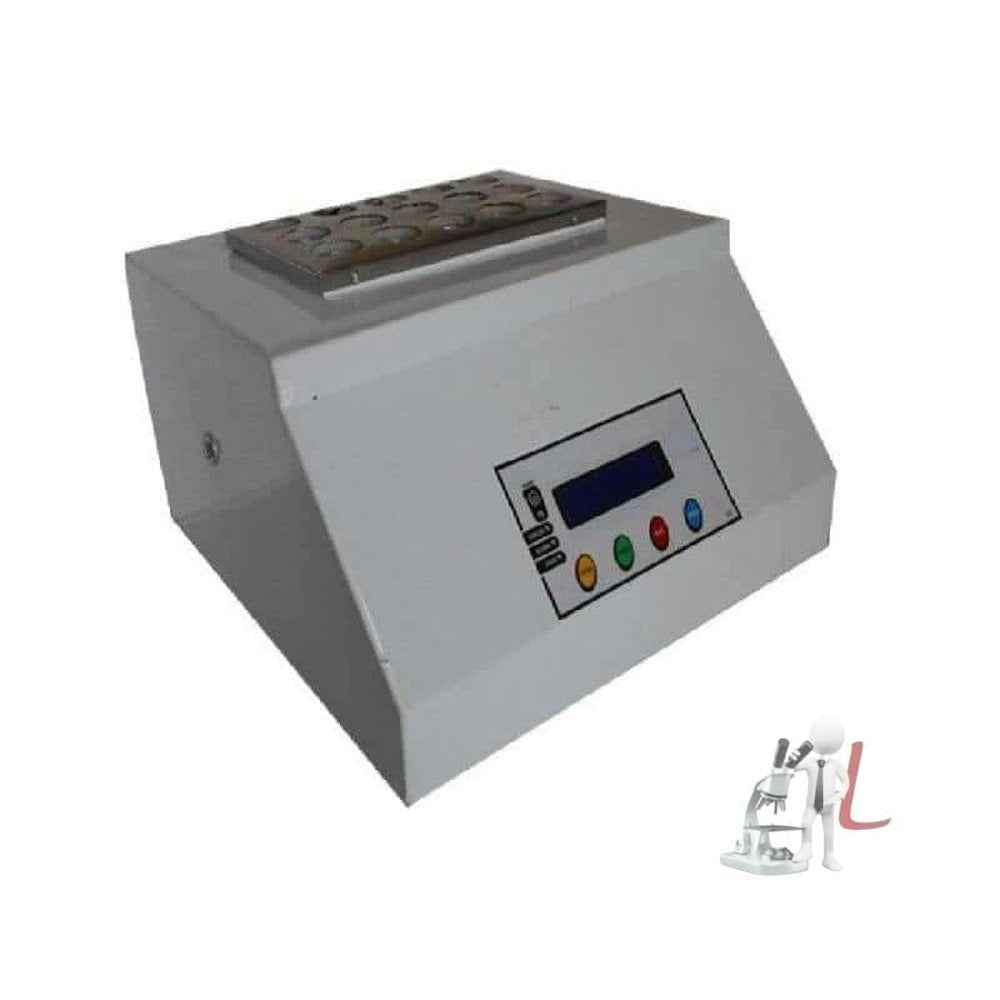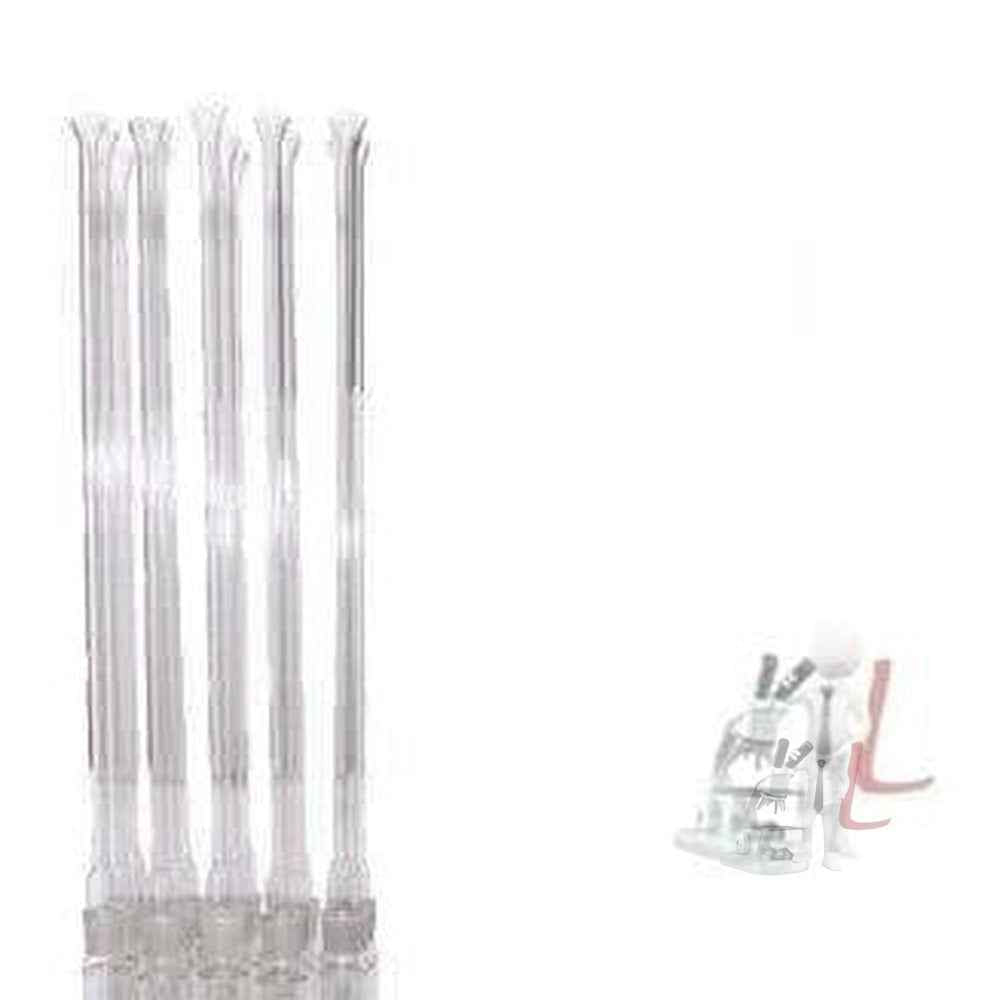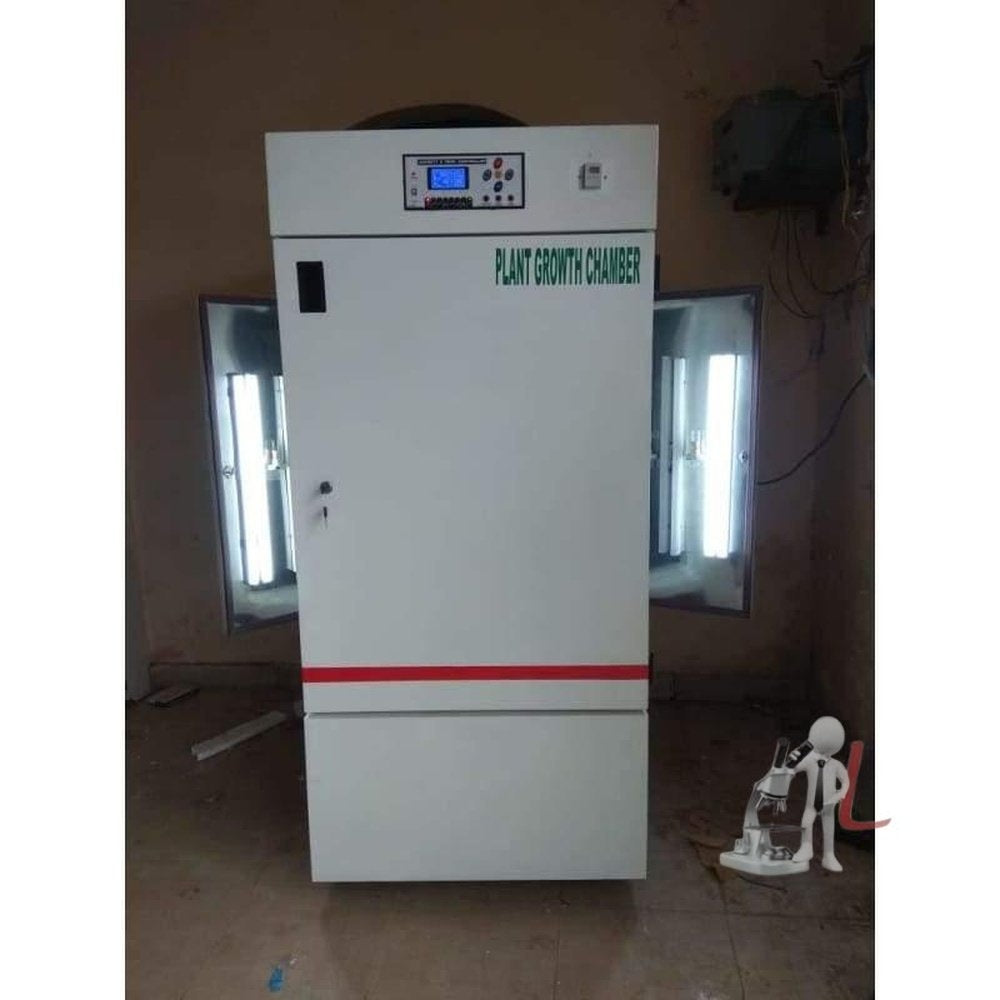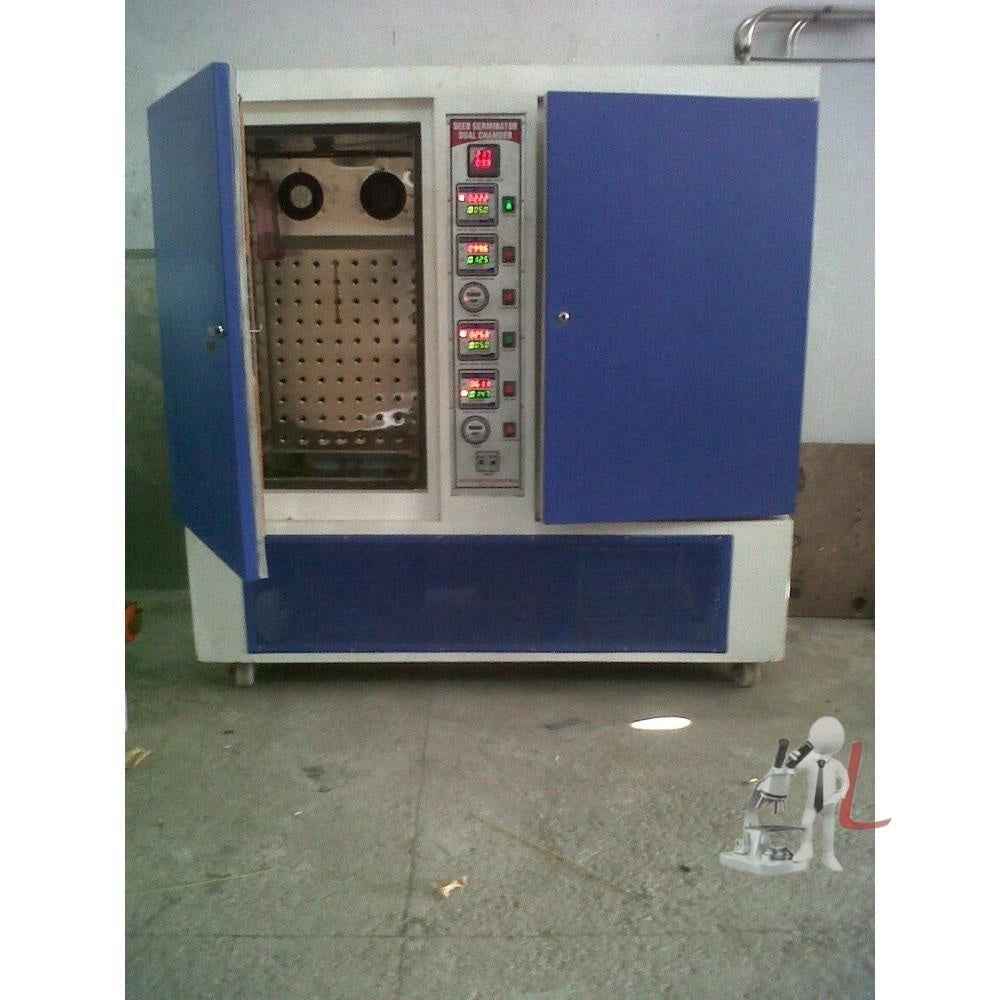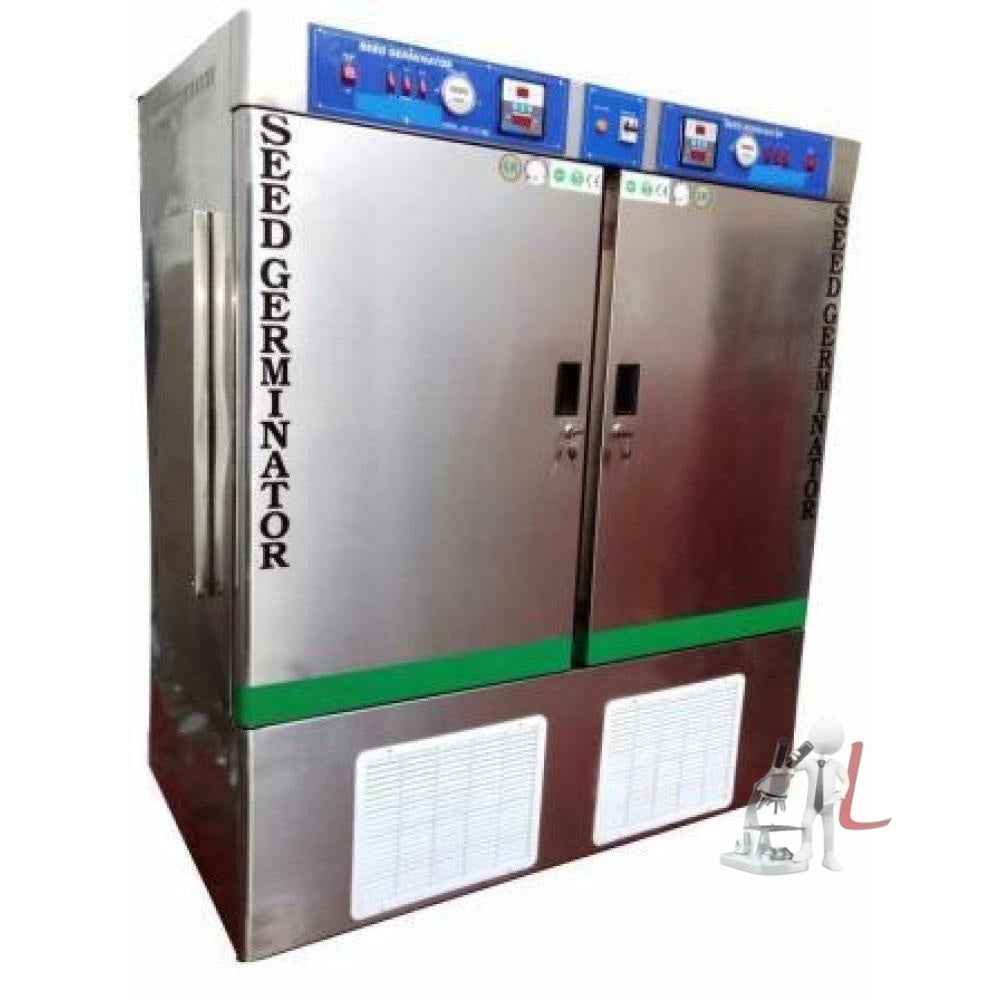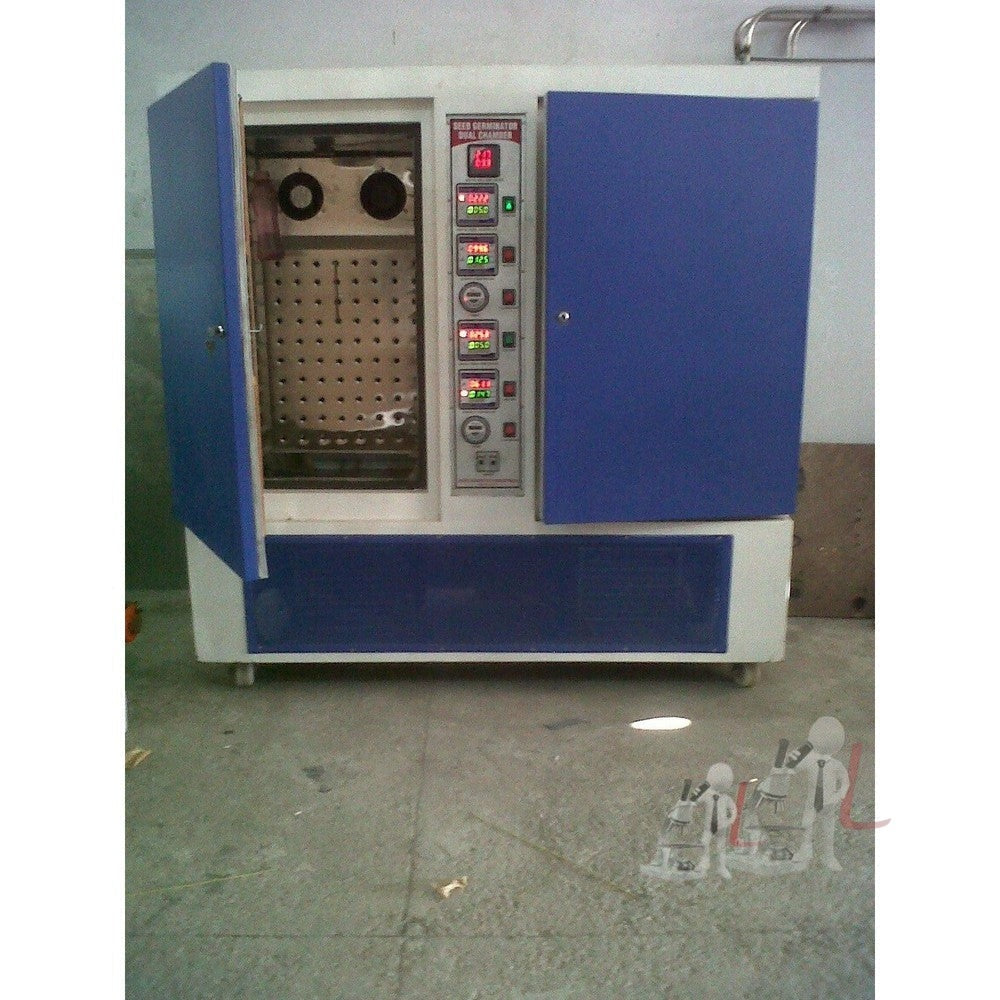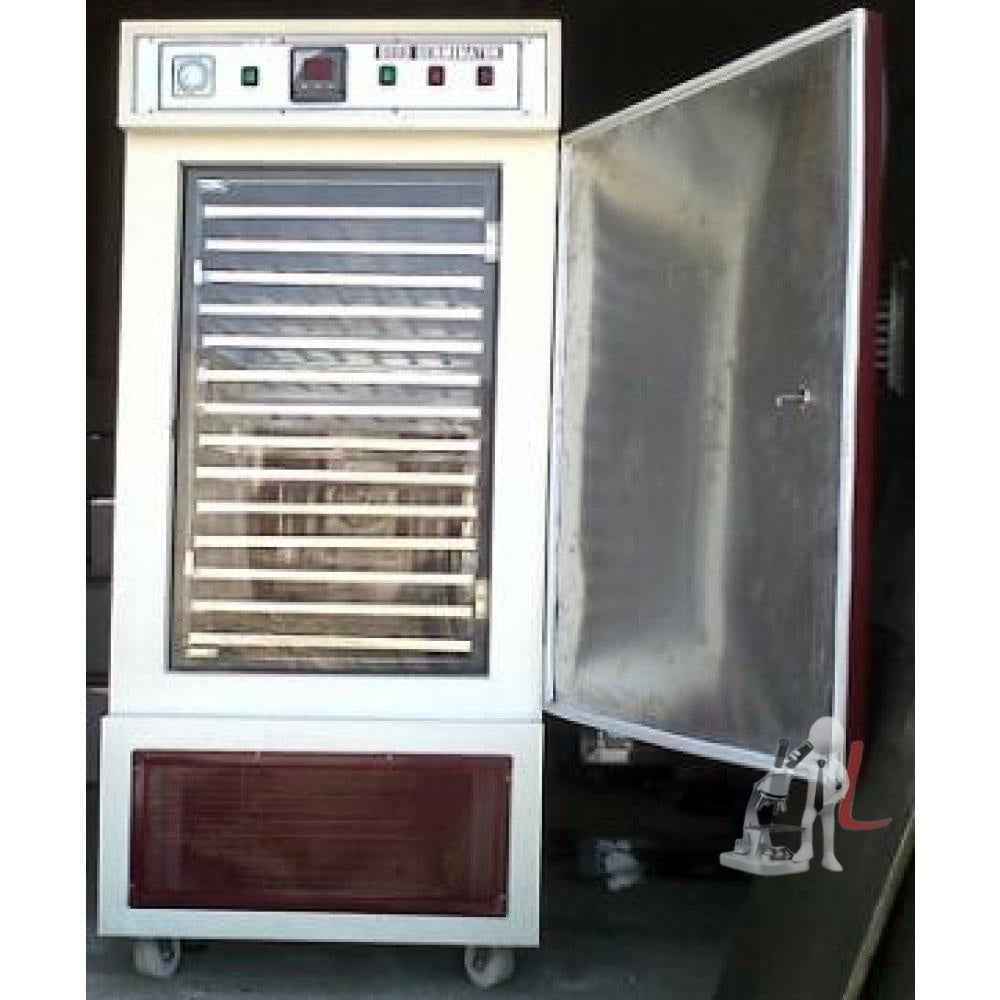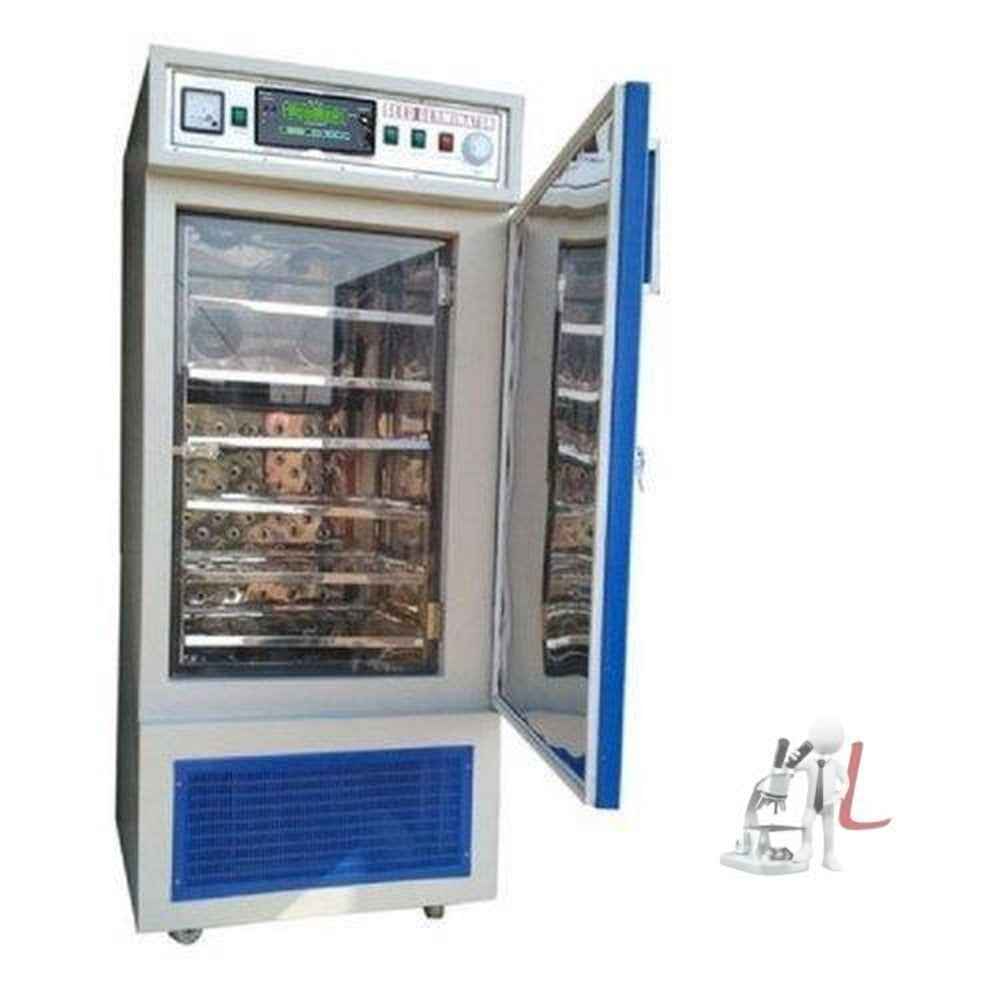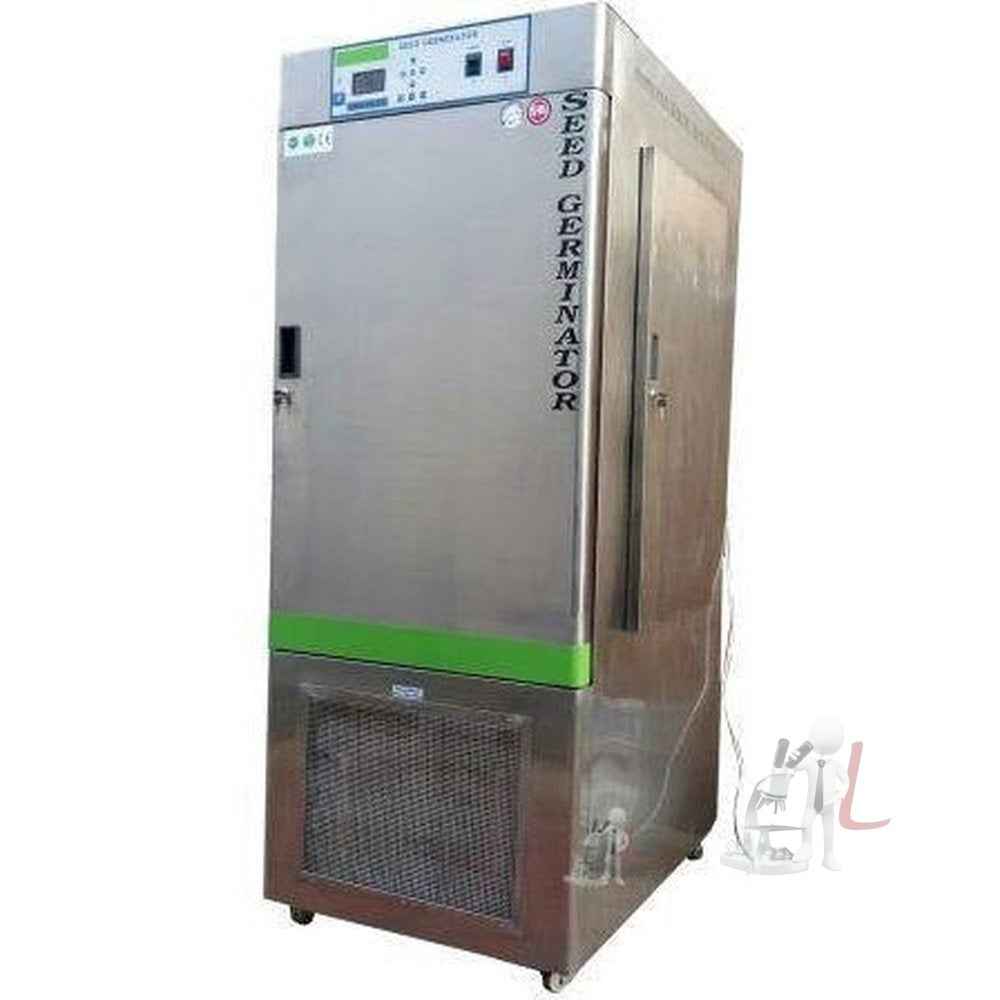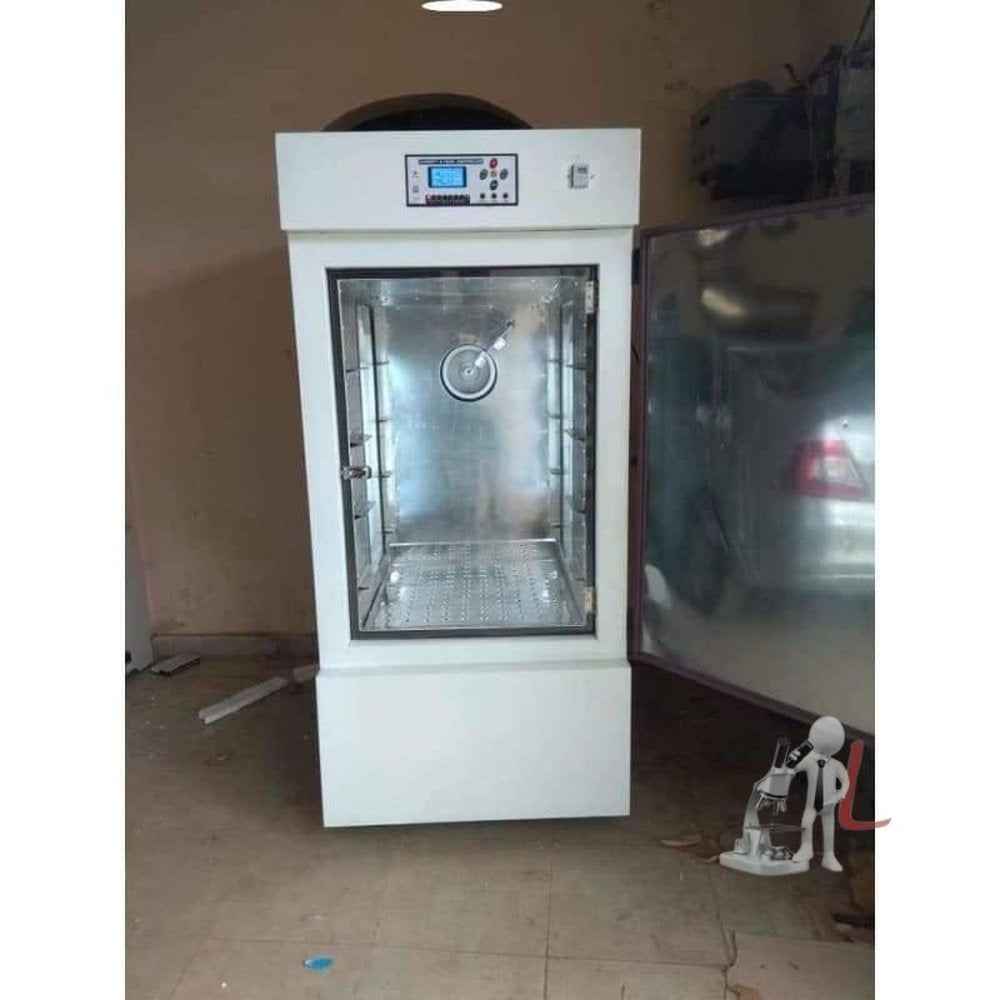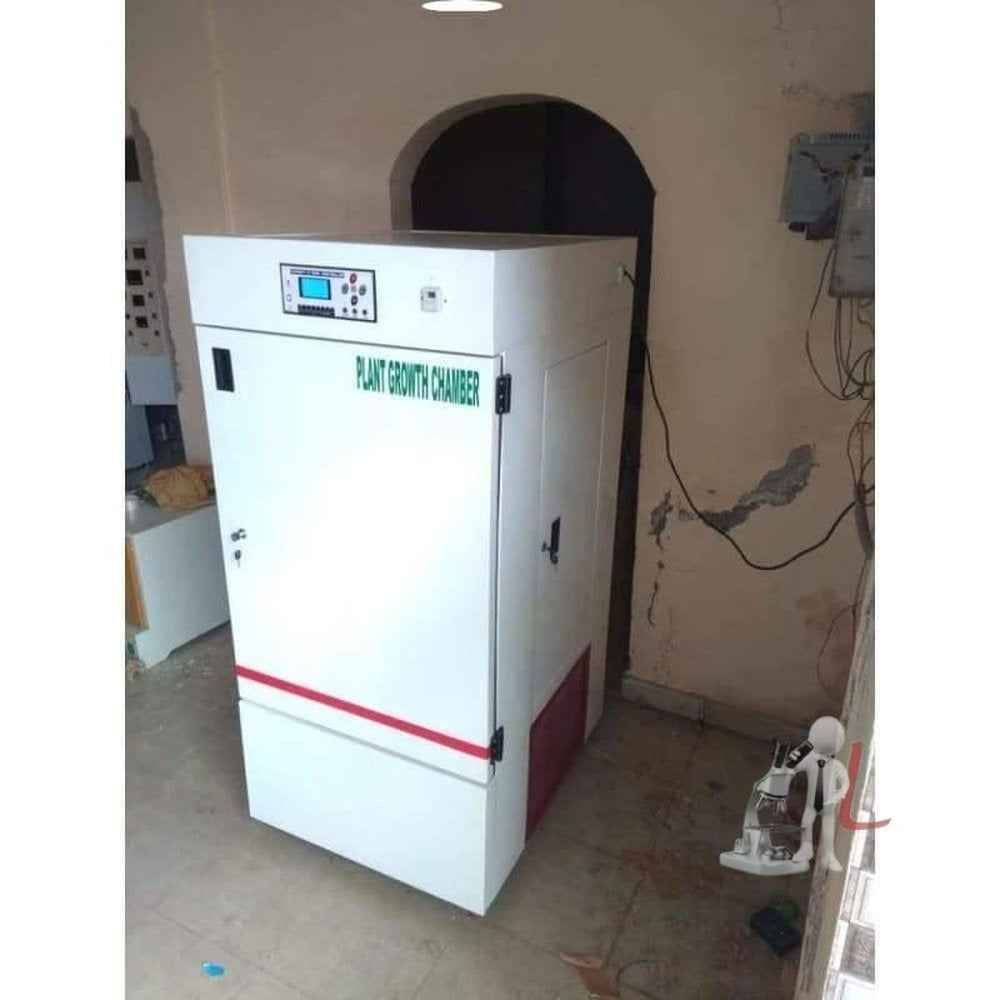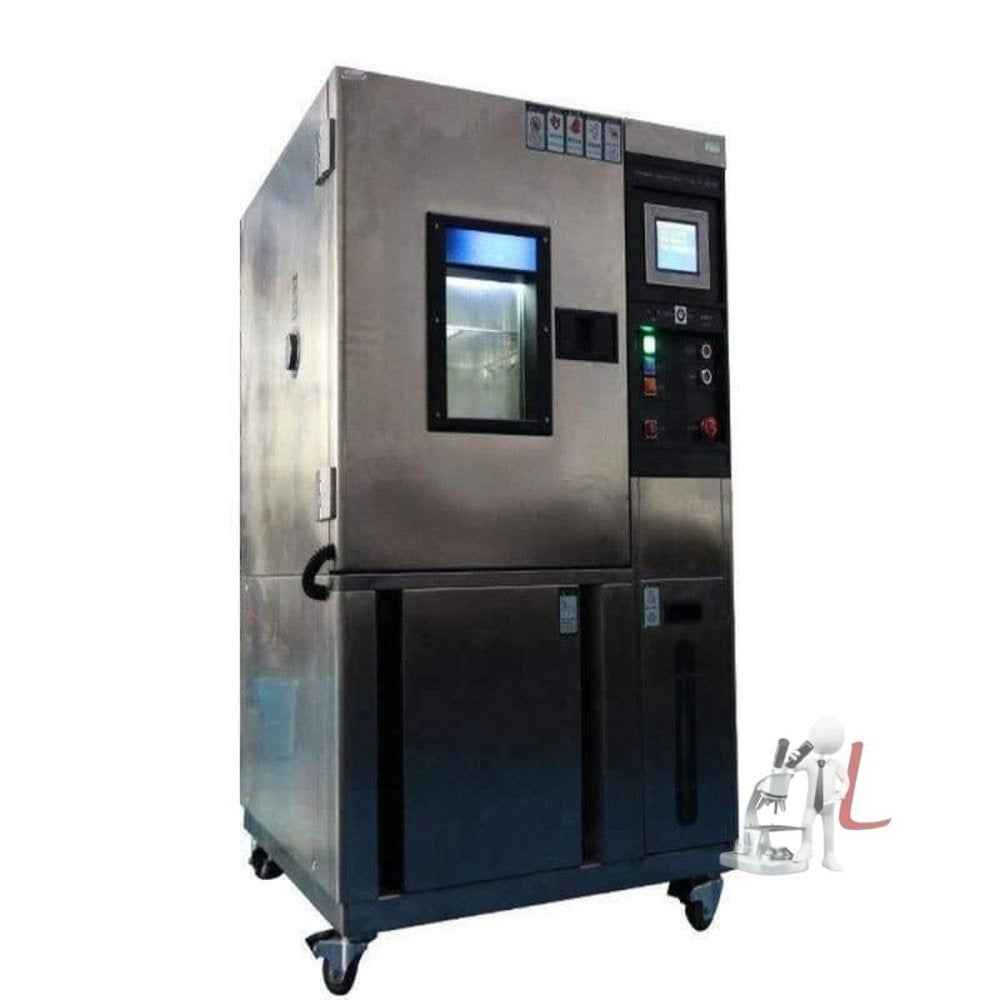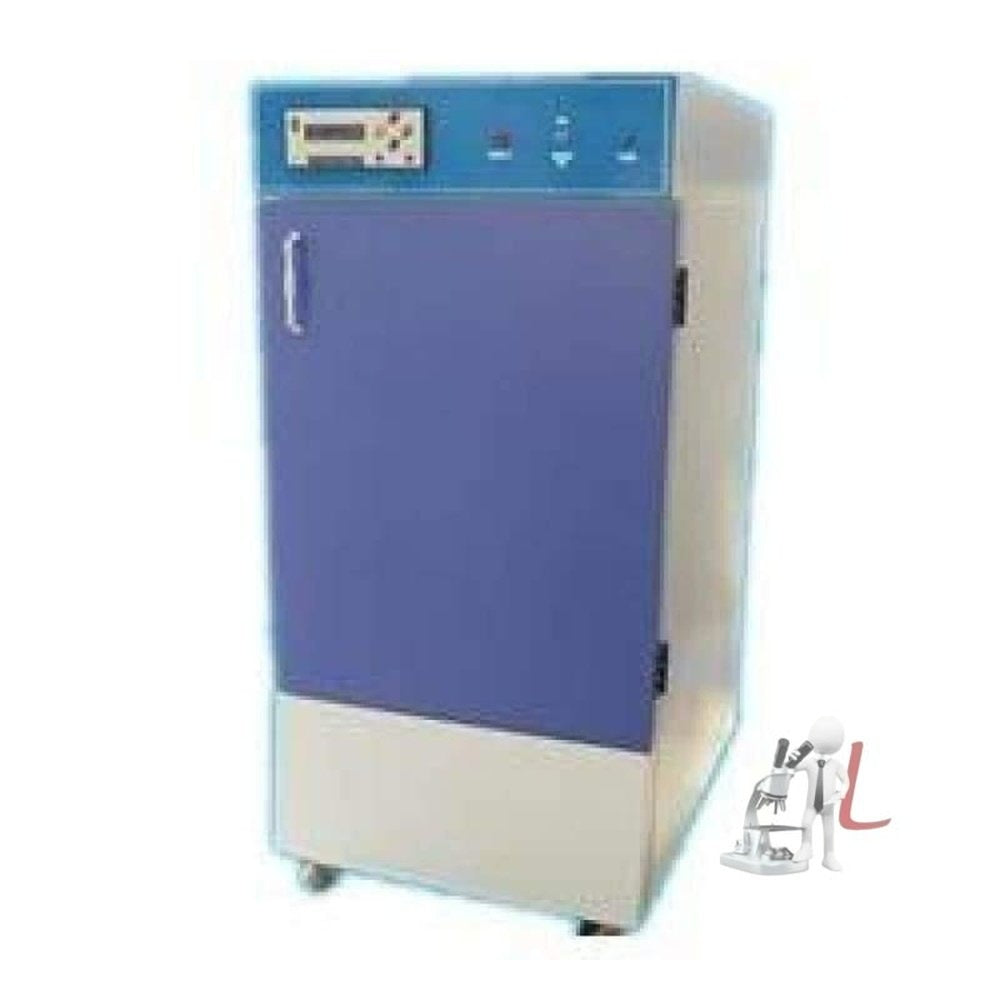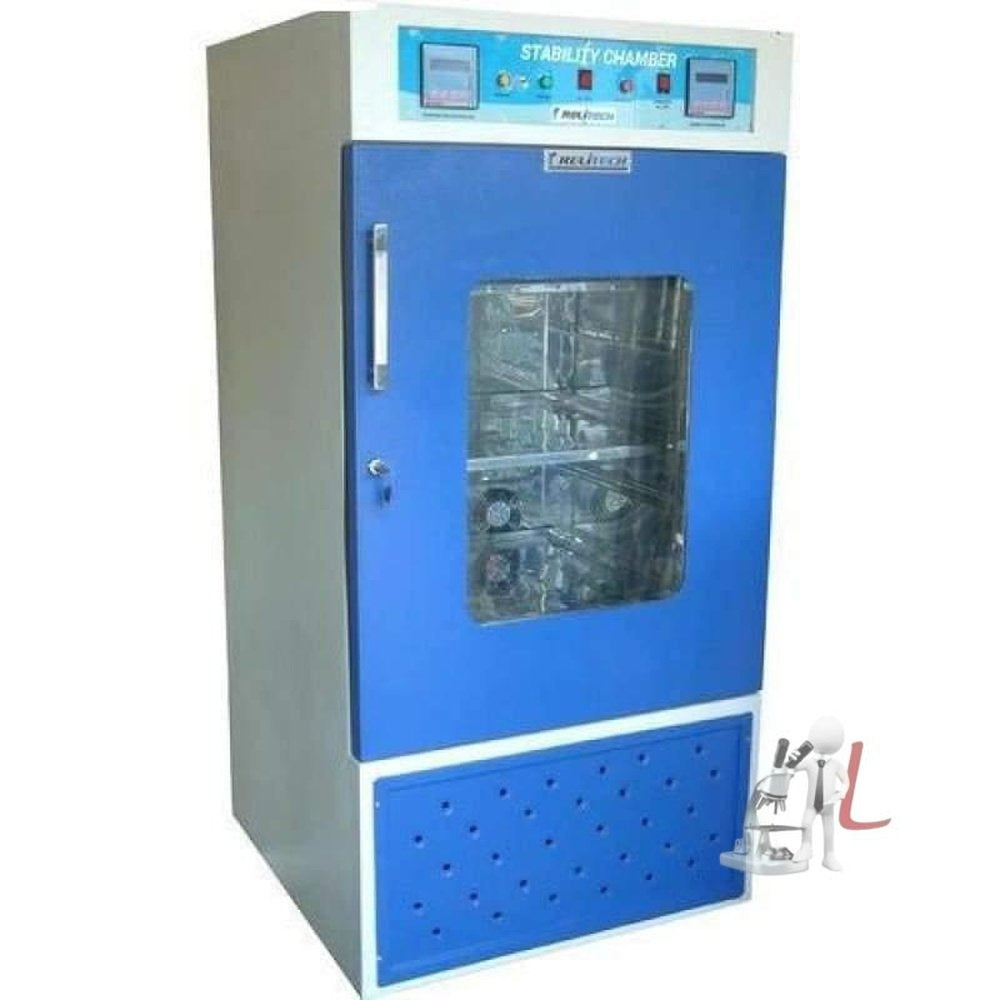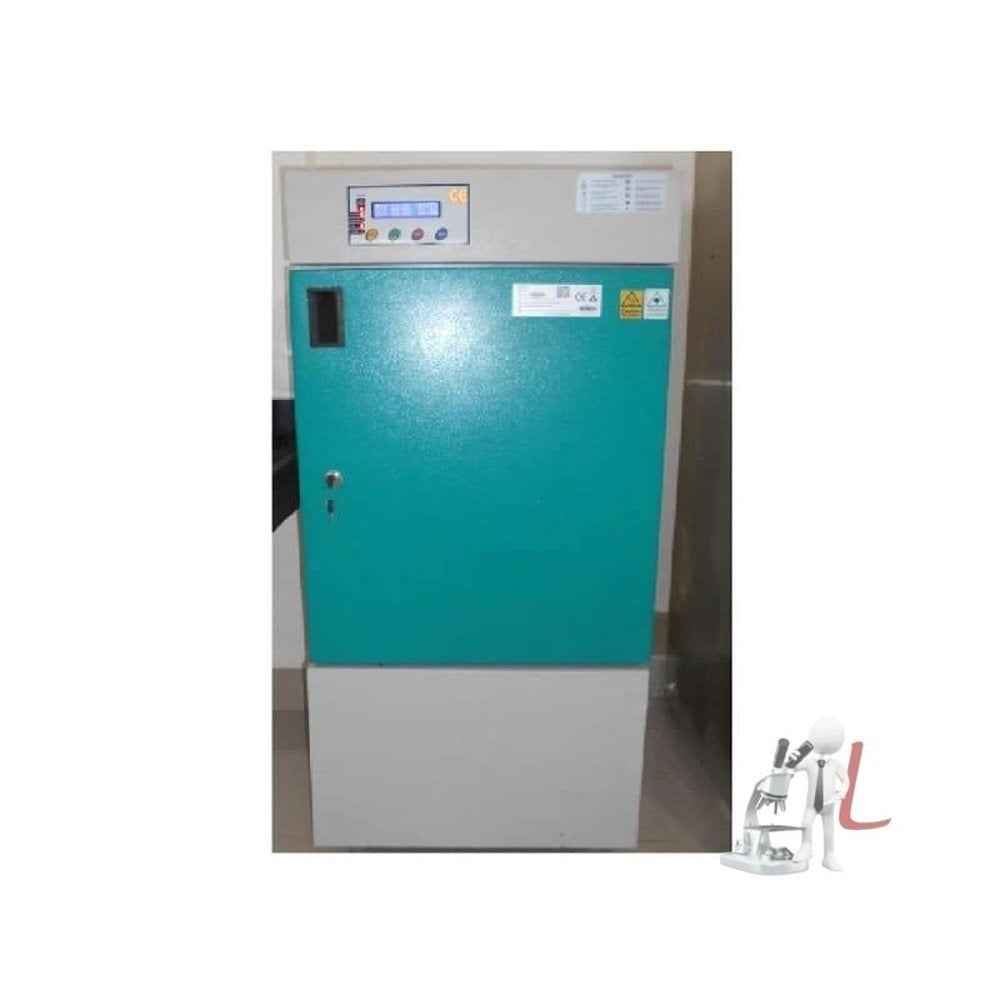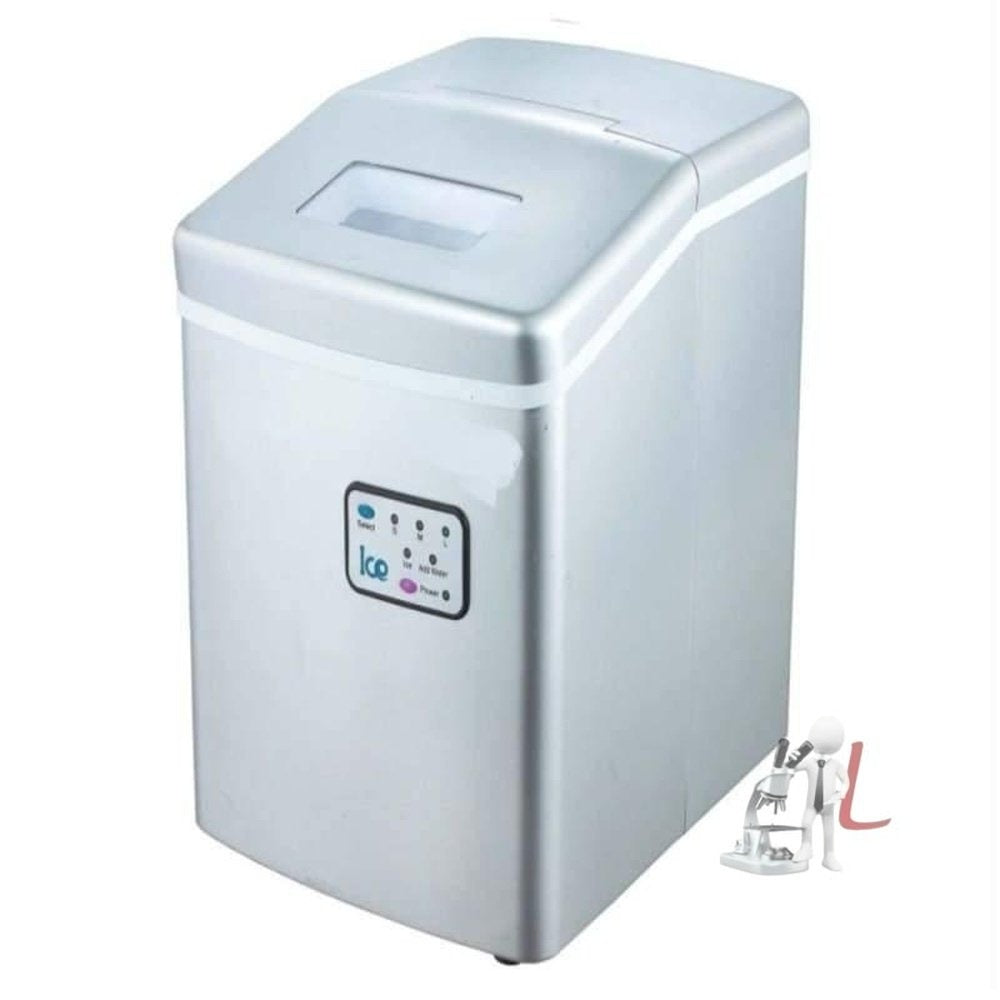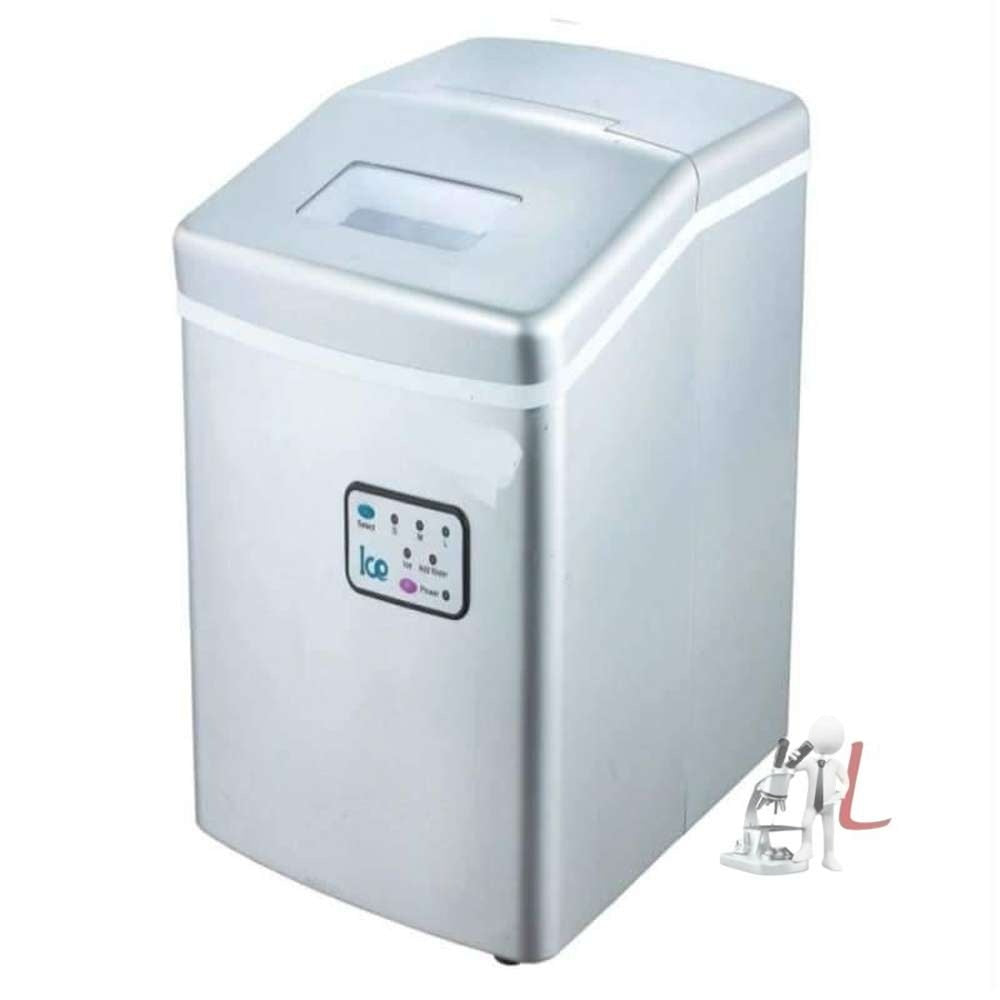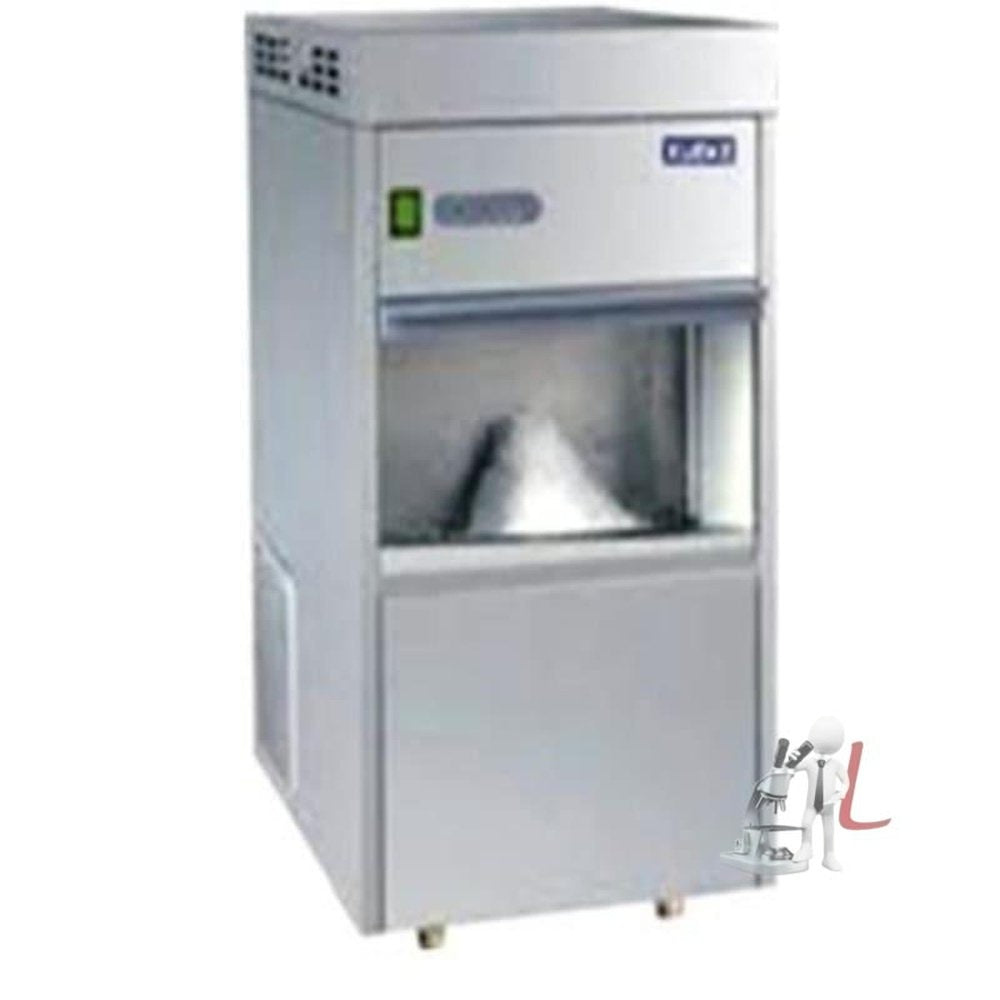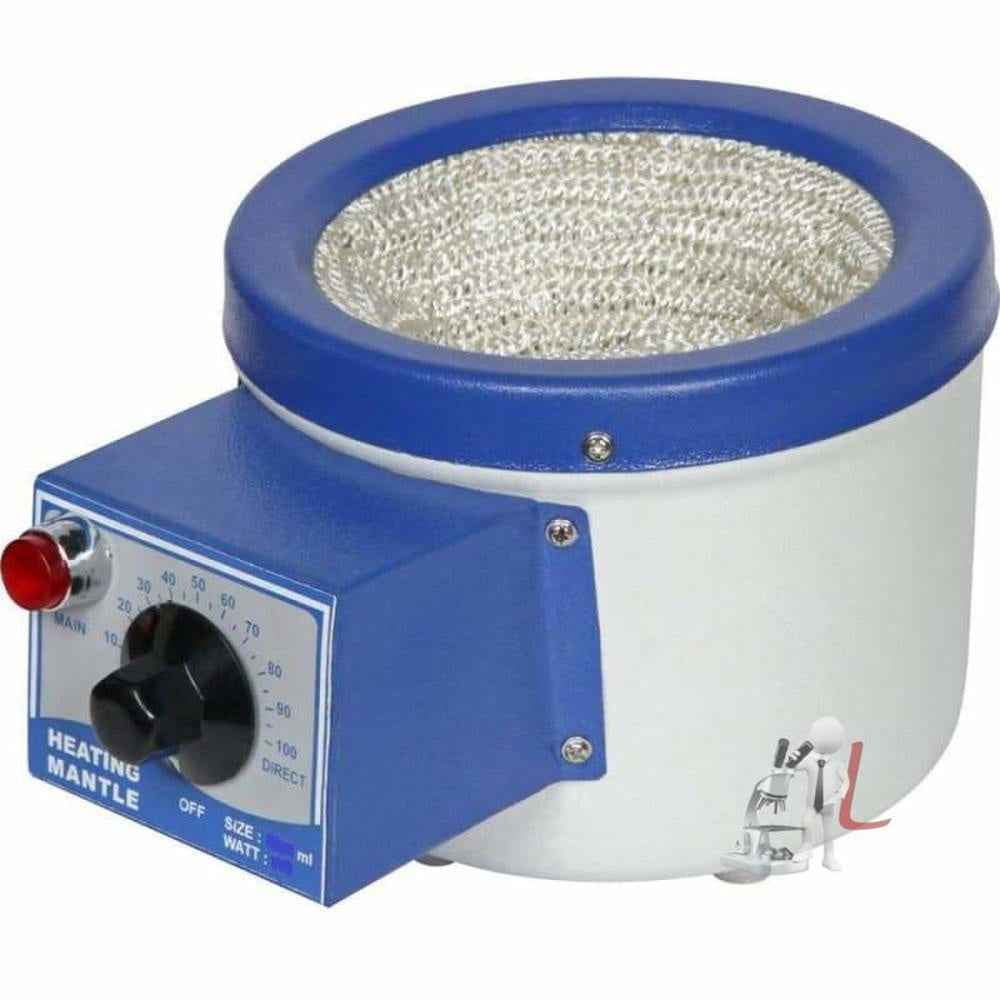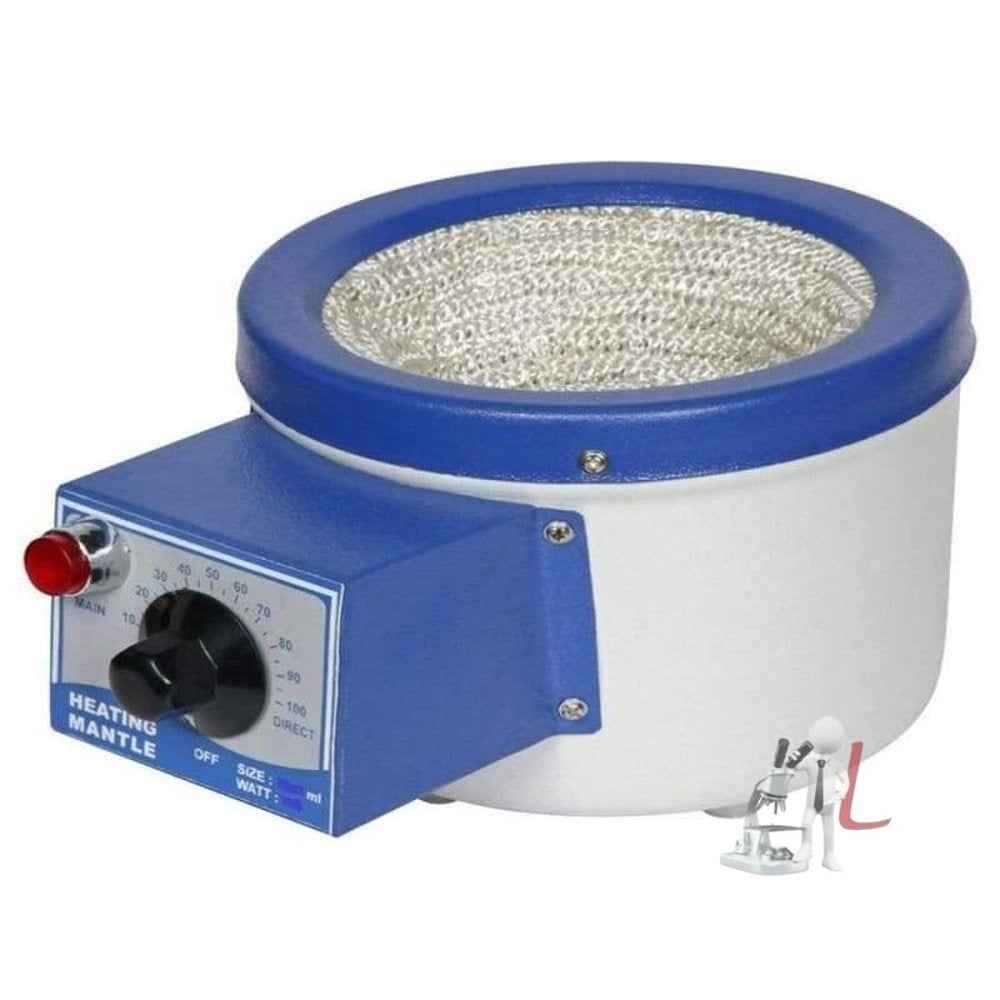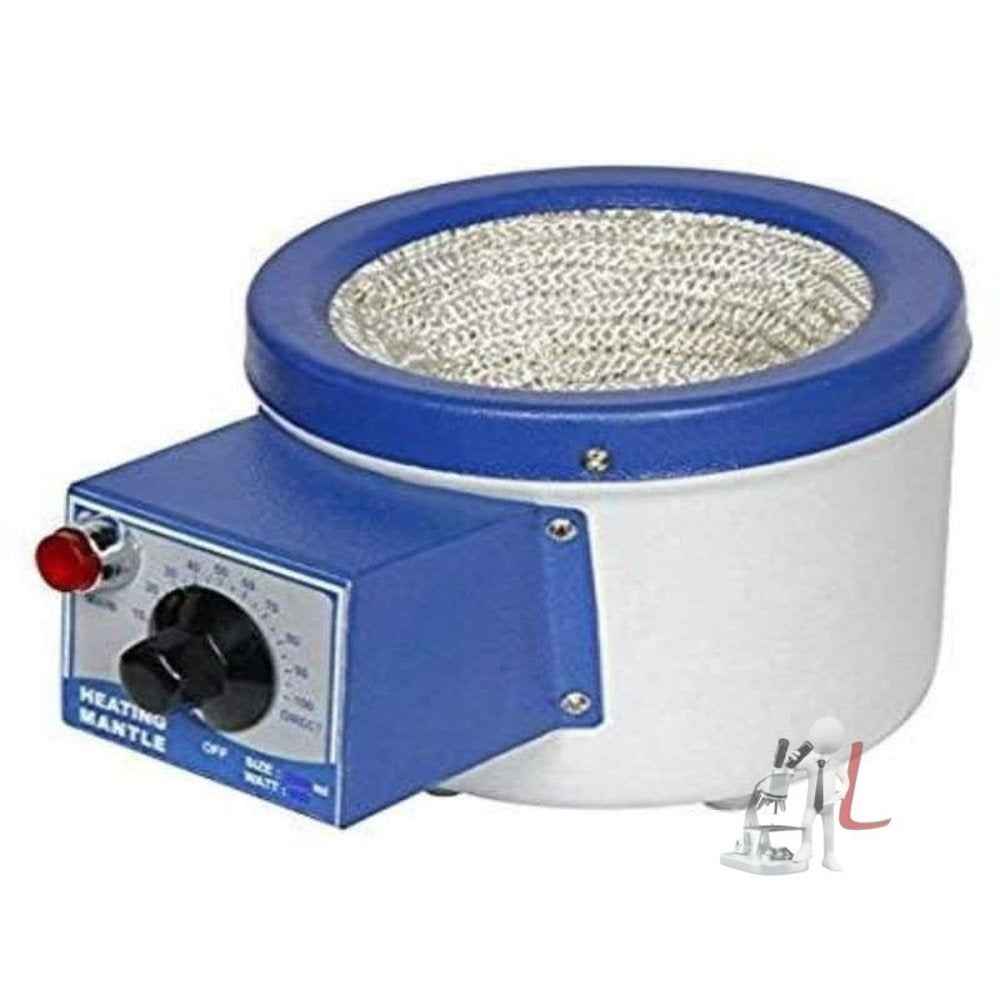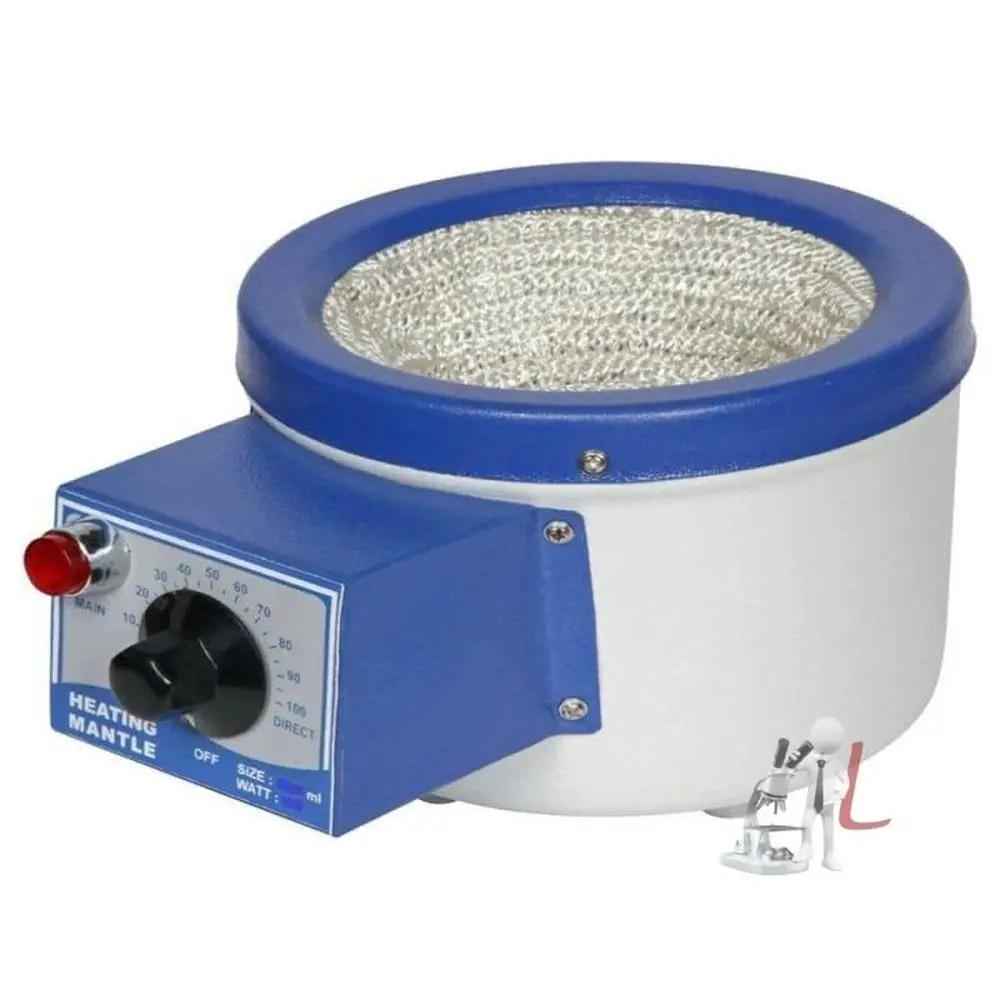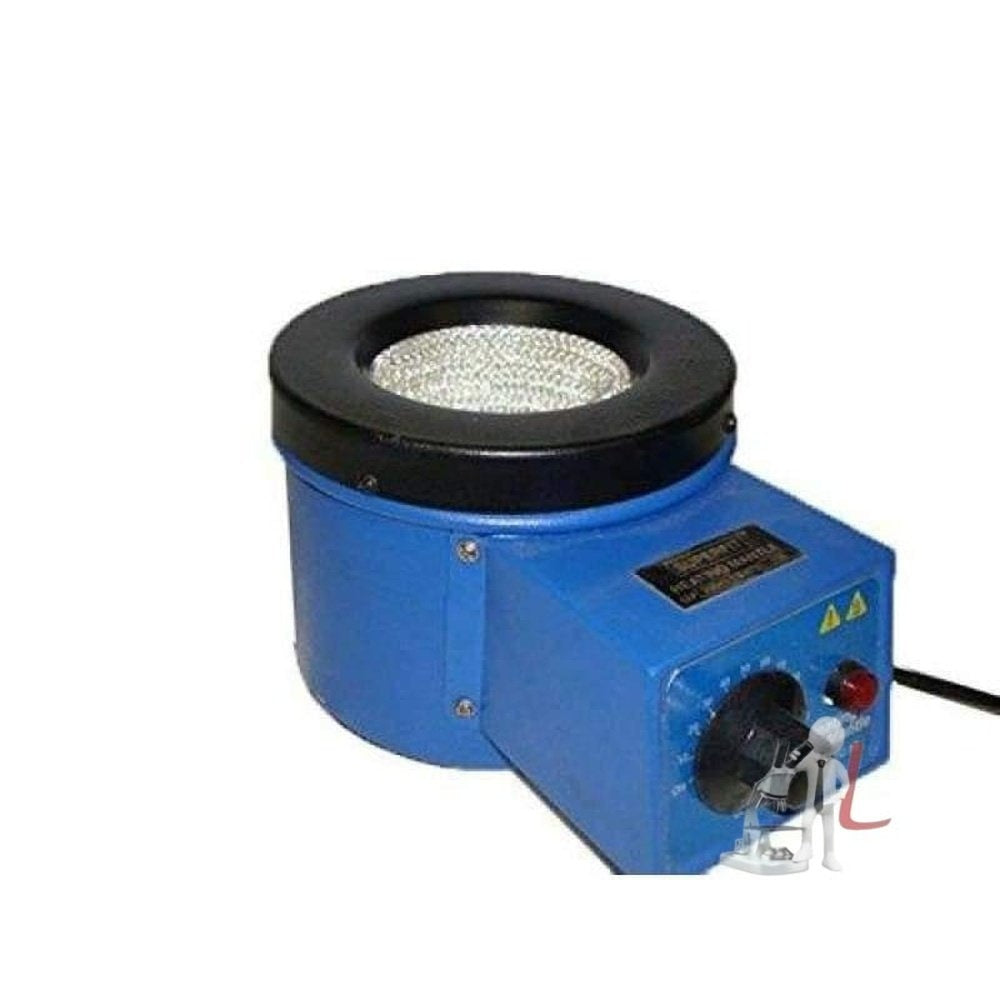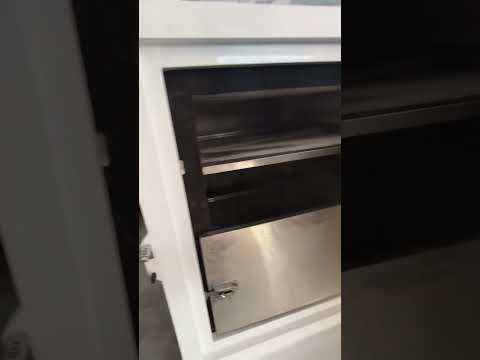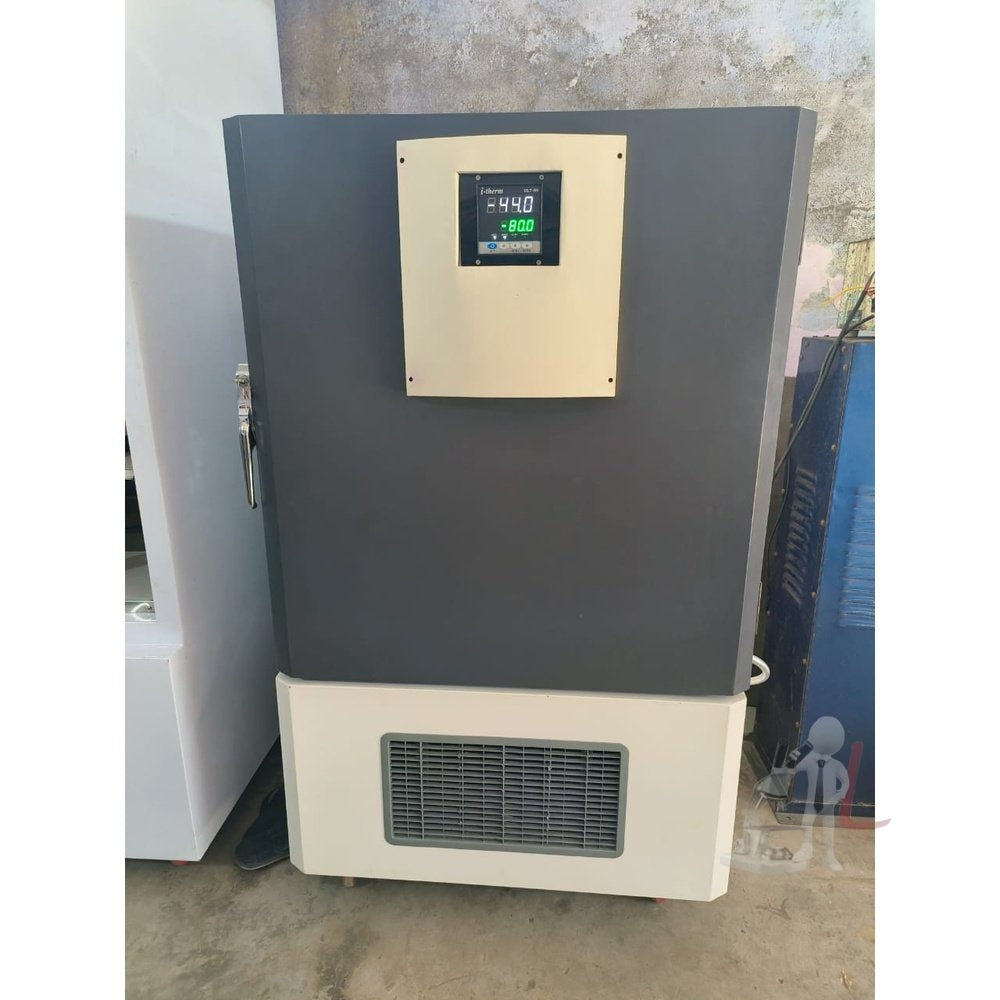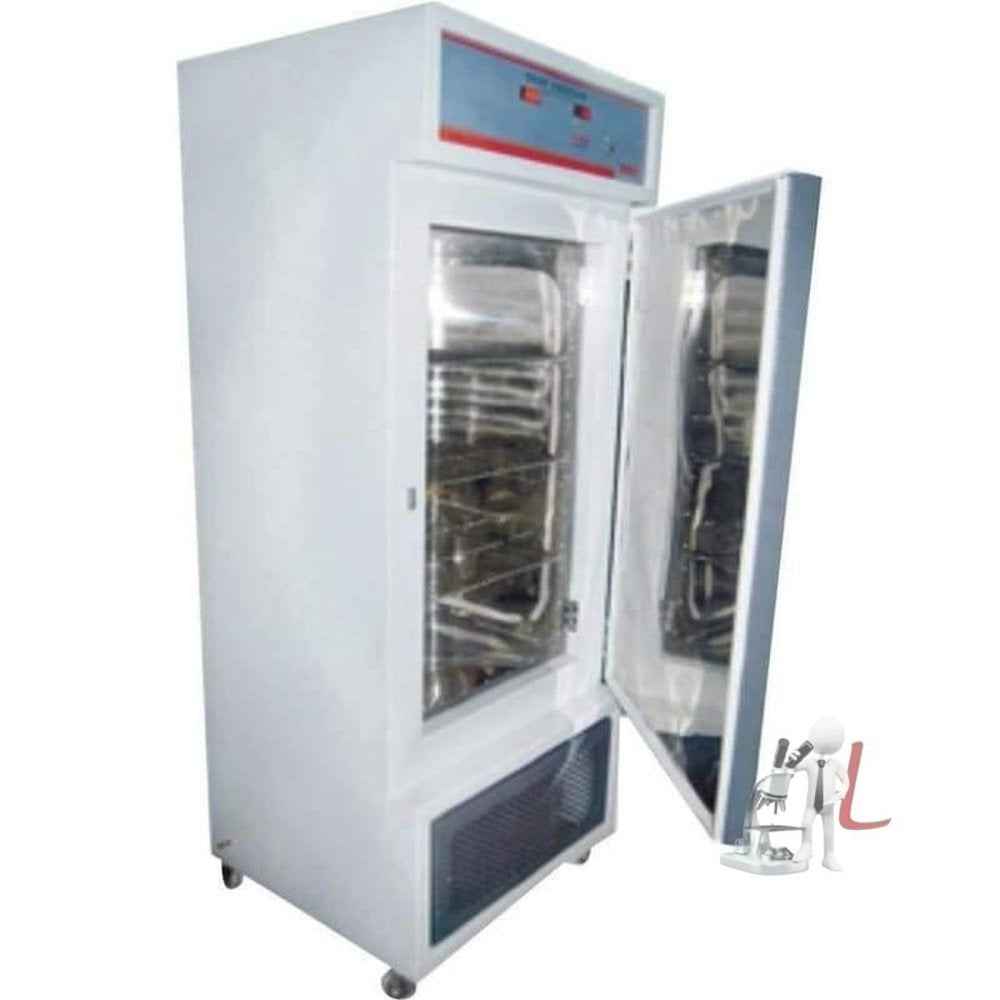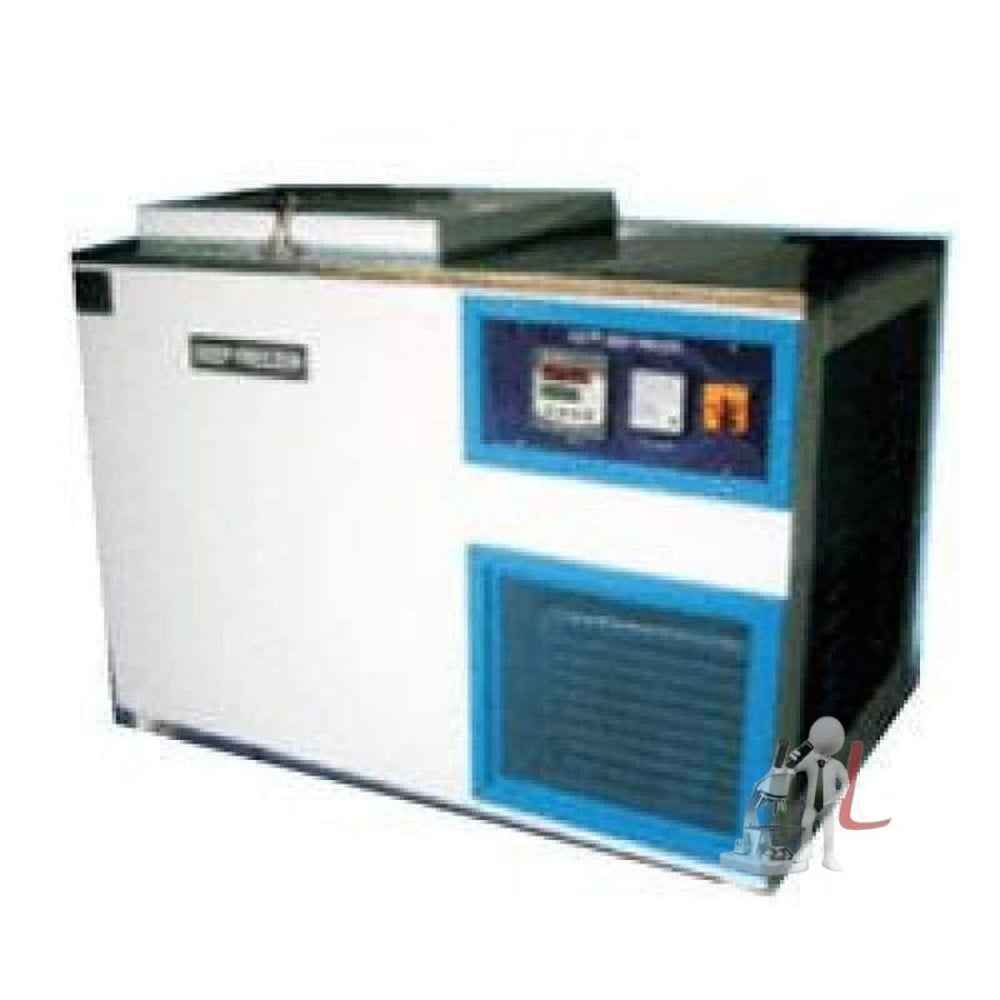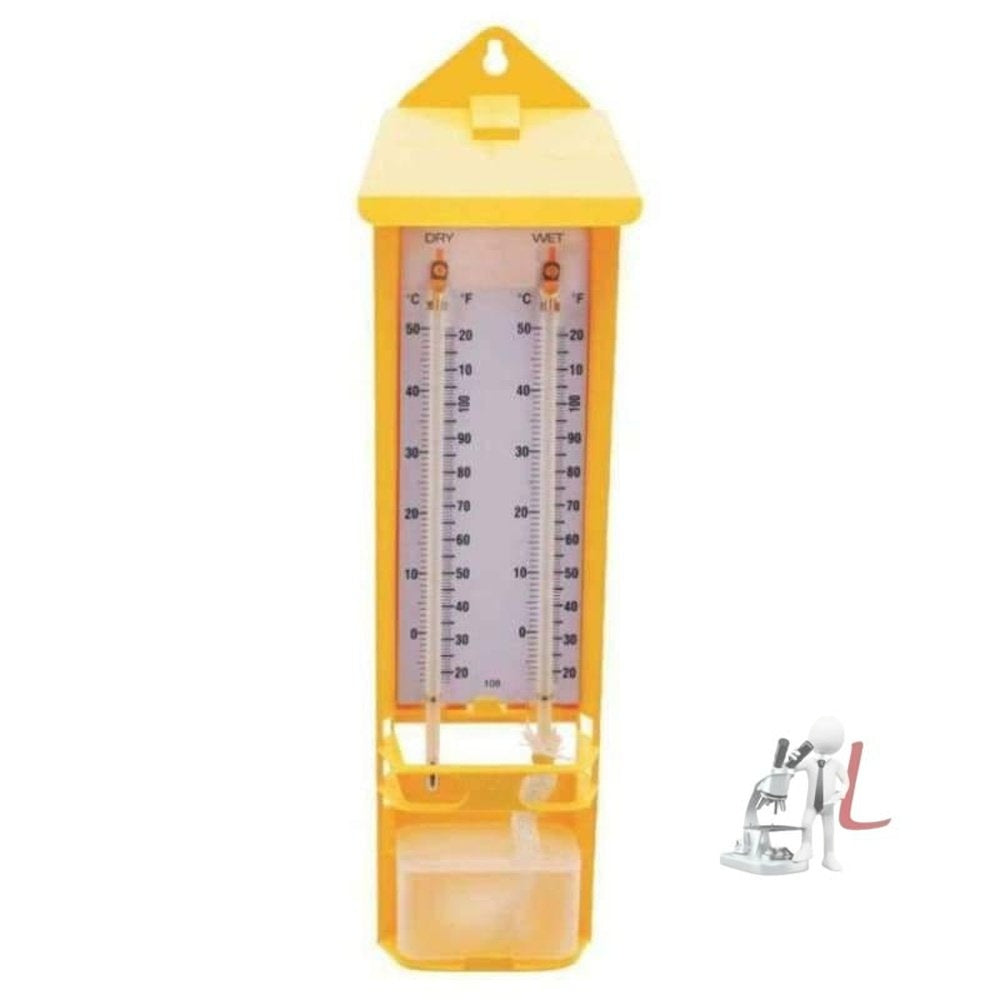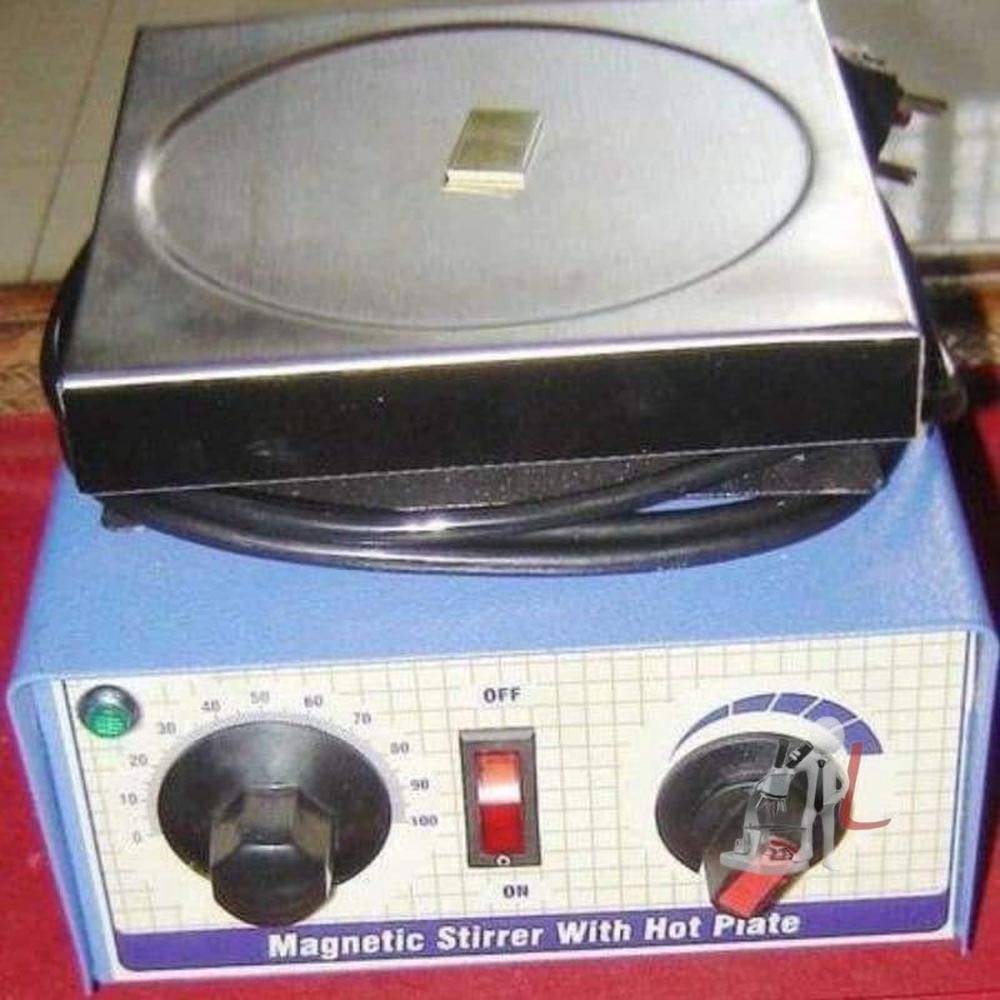Heating and Cooling Solutions for Optimal Comfort with Laboratory Equipment
Laboratory equipment plays a crucial role in creating heating and cooling solutions that ensure optimal comfort in various scientific and industrial settings. In laboratories, precise temperature control is essential for conducting experiments, maintaining sample integrity, and ensuring the accuracy of research findings. A wide range of laboratory equipment is designed specifically for these purposes, allowing researchers and technicians to maintain the desired thermal conditions while ensuring safety and compliance with regulations.
The importance of laboratory equipment in managing heating and cooling cannot be overstated. Various devices, such as incubators, chillers, and water baths, are integral to laboratory operations. They provide the necessary conditions for chemical reactions, biological processes, and material testing. For instance, incubators create a stable environment for cell culture, while cooling systems like cryogenic freezers preserve samples at ultra-low temperatures.
In addition to equipment like incubators and freezers, laboratory equipment includes thermal cyclers, which are essential for molecular biology applications, and fume hoods that protect users from harmful fumes generated during heating processes. These devices work together to maintain a controlled environment that is vital for scientific research.
One of the most significant advancements in laboratory equipment is the development of programmable temperature controllers. These devices allow users to set specific temperature profiles for experiments, ensuring precision and reproducibility. With the integration of software and automation, researchers can optimize heating and cooling cycles, reducing the risk of human error and increasing efficiency in laboratory workflows.
The selection of laboratory equipment for heating and cooling applications also depends on the specific requirements of the work being conducted. Factors such as the volume of samples, the required temperature ranges, and energy efficiency must be considered. For example, a laboratory performing high-throughput screening may require multiple incubators that can accommodate various conditions simultaneously. In contrast, a research facility focused on cryogenics might prioritize freezers with advanced insulation and energy-saving features.
Sustainability is becoming increasingly important in laboratory settings, prompting the development of energy-efficient heating and cooling systems. Eco-friendly laboratory equipment minimizes environmental impact while maintaining performance. For example, modern chillers utilize non-toxic refrigerants and advanced heat exchangers to improve energy consumption without compromising cooling efficiency.
Moreover, regularly maintaining laboratory equipment is critical to ensure longevity and performance. Calibration, cleaning, and routine inspections help prevent equipment failure and maintain the accuracy of temperature control. It's essential for laboratory personnel to adhere to maintenance schedules and protocols to ensure that heating and cooling devices function optimally at all times.
In a collaborative environment, diverse teams rely on laboratory equipment to perform concurrent tasks under consistent heating and cooling conditions. Equipment that can handle multiple samples and adjust to fluctuation in demand allows for a streamlined workflow. Laboratories equipped with advanced instrumentation can improve productivity and provide accurate results more quickly, which is particularly beneficial in fast-paced research environments.
Furthermore, the application of advanced technology in laboratory equipment is transforming traditional heating and cooling methods. Some modern systems use smart technology to monitor temperature changes in real-time, sending alerts when conditions deviate from the set parameters. This level of oversight adds an additional layer of reliability, ensuring that experiments continue to run smoothly without unexpected interruptions.
As the demand for laboratory equipment continues to grow across various sectors—biotechnology, pharmaceuticals, environmental science—the need for reliable heating and cooling solutions becomes even more critical. Manufacturers and suppliers are continuously innovating to meet these demands, providing laboratories with state-of-the-art equipment that enhances safety, efficiency, and accuracy. The evolution of laboratory equipment reflects the dynamic nature of research and industry, driving advancements in heating and cooling technologies.
Finally, it's vital for laboratories to invest in high-quality laboratory equipment. While cost may be a factor, the capabilities and reliability of top-tier equipment translate to better outcomes in research and experimentation. Choosing equipment that meets rigorous safety and performance standards ensures that researchers can achieve their goals without compromising integrity or reliability.
In conclusion, laboratory equipment is indispensable for implementing effective heating and cooling solutions. It facilitates an optimal comfort level that is necessary for successful scientific inquiry and innovation. By investing in advanced, reliable, and energy-efficient laboratory equipment, research institutions can enhance their operational efficiency, improve research outcomes, and contribute to the advancement of science and technology.
Filter
Sort by

